8 a.m. to 5 p.m. Monday – Thursday and 8 a.m. to 4 p.m. Friday
August 15 - September 1, 2022
(Reception from 4-6 p.m. Monday, Aug. 22, 2022)
MSSU Spiva Art Gallery
Admission: free
“Five Stars” serves as the culmination of the Art Department’s first study abroad trip since the COVID pandemic. This eight-day immersion into the art and culture of the Czech Republic was largely focused on the UNESCO-listed historical center of Prague, which also served as the capital of both the Holy Roman Empire and Kingdom of Bohemia. There the group visited historical, cultural, and artistic sites, including two museums highlighting the Czech Art Nouveau artist, Alphonse Mucha. Amongst the western historical architectural styles of Romanesque, Gothic, Renaissance, and Baroque, the group also encountered reminders of Prague’s past as an Eastern Bloc capital of a Soviet satellite state.
As part of the experience, the group spent a day in “The Salon of the Republic,” Hradec Králové, where they toured its historic town square, were guided through the Museum of Art, and linked up with colleagues from our sister institution, the University of Hradec Králové.
The exhibition, “Five Stars,” features creative works made in reaction to the study of the art of the Czech Republic and includes works by bachelor of fine arts (studio) majors Erin Poor and Emaline Stapleton , mass communications major Lydia Carlson , and honors students Reagan Alsbaugh ( psychology major ) and Elizabeth Martin ( biology major) along with the faculty trip leader, Frank A. Pishkur .
8 a.m. to 5 p.m. Monday – Thursday and 8 a.m. to 4 p.m. Friday
September 6 - October 6, 2022
(Curators Teams talk with Stefanie Kohn and Tricia Bender at 6 p.m. Thursday, Sept. 8 in Corley Auditorium. Reception at 7 p.m.)
MSSU Spiva Art Gallery
Admission: free
Zoom Link: Artists Behind the Iron Curtain
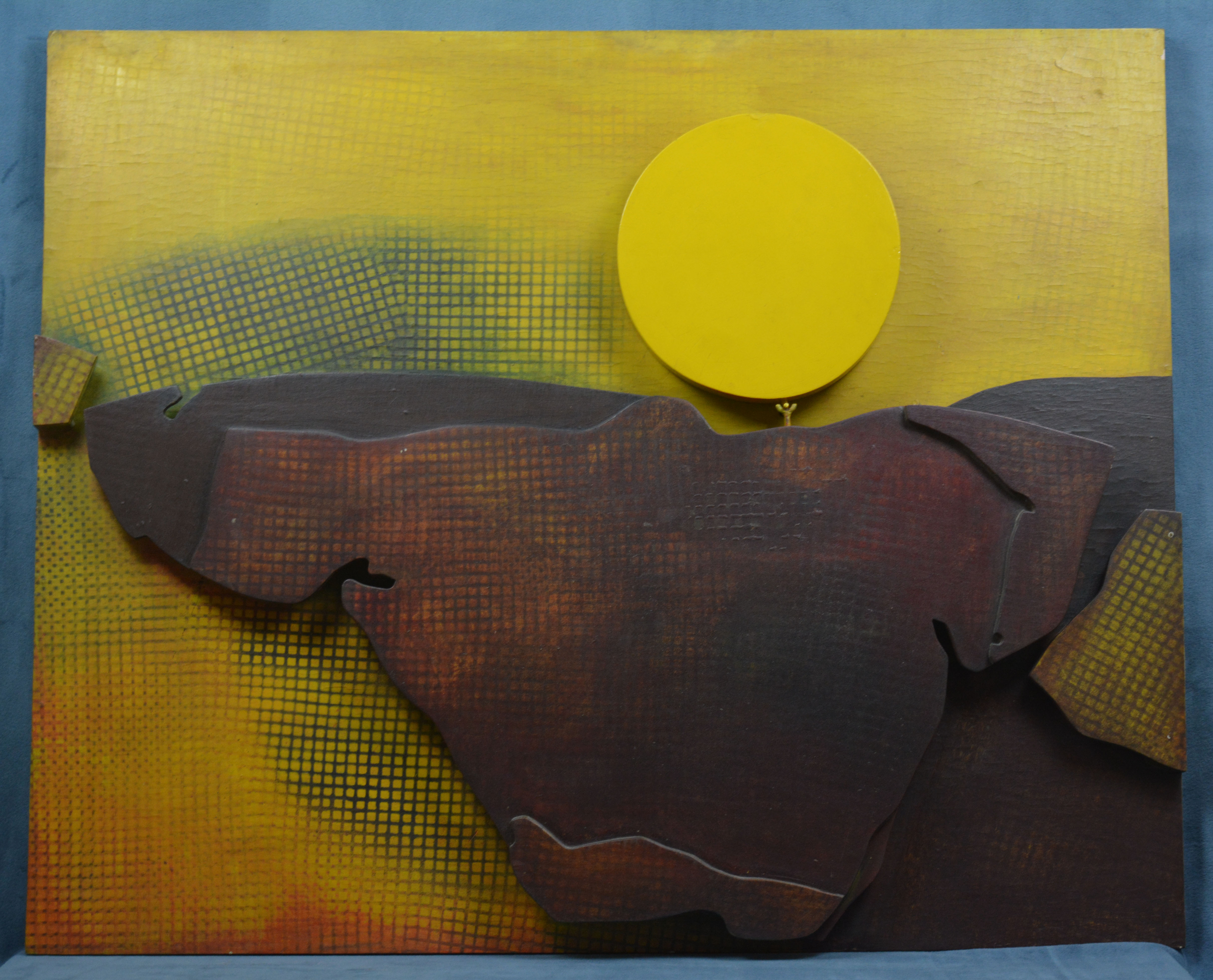 American college student Lee Freeman first visited Prague in 1964. By chance he met the artist Jiří Mrázek, and thus began a lifetime of friendship with and collecting contemporary art from artists who sought a wider audience for their work. Mrázek was part of a circle of artists who refused to adopt the state-sanctioned Socialist Realism style.
American college student Lee Freeman first visited Prague in 1964. By chance he met the artist Jiří Mrázek, and thus began a lifetime of friendship with and collecting contemporary art from artists who sought a wider audience for their work. Mrázek was part of a circle of artists who refused to adopt the state-sanctioned Socialist Realism style.
Their work was sometimes not allowed to be exhibited or sold, so they had exhibitions for themselves. Freeman transported works of art out of the country and sold the pieces in the U.S. He sent almost all of the money from sales back to the artists and supplied them with paints and other materials they could not easily obtain in Czechoslovakia.
The exhibit not only gives overdue attention to the works of cutting-edge artist from Communist-era Czechoslovakia, but also tells the stories of the artists who struggled to express their talent, even risking imprisonment, at a time when socialist realism was the only government-sanctioned approach to art.
Curator Stefanie Kohn holds a B.A. from Indiana University in anthropology and Germanic studies and attended graduate school at the University of Wisconsin. She received a certificate in collections management from The George Washington University. She was hired in 1999 as collections manager and was promoted to her current position in 2007.
Collections manager Tricia Bender holds B.A. degrees from Goshen College in English and communications, and a B.A. in anthropology from the University of Iowa. She received a museum studies certificate from the University of Iowa. She has held the position of collections manager since 2007.
4:30 - 7 p.m. Tuesday, September 6, 2022
Mayes Dining Hall
Admission: $13 plus tax
Sponsored by Fresh Ideas
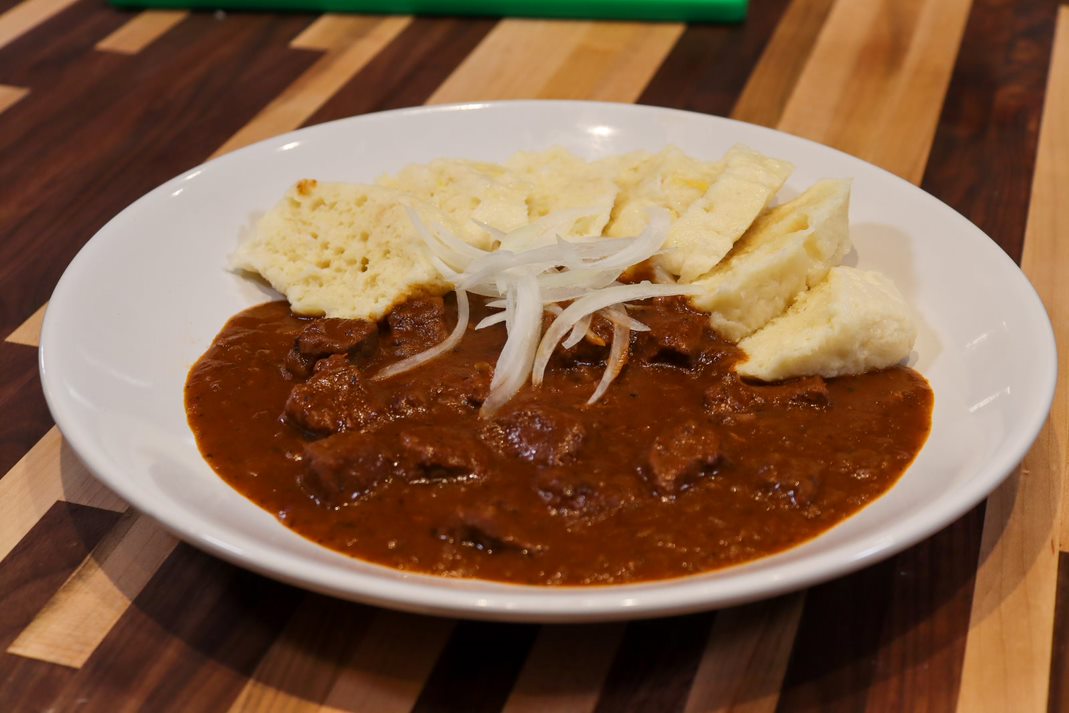 Join us for a full Czech meal prepared by Saul Paniagua , the MSSU Fresh Ideas executive chef. The menu includes Šopský salát (vegetable salad with tomatoes, peppers, cucumber, and Balkan cheese), kulajda (mushroom potato soup), guláš (beef goulash), vepřový řízek (pork schnitzel), kuře na paprice (chicken paprikash), dušené červené zelí (braised red cabbage), bramboráky (potato pancakes), houskové knedlíky (bread dumplings), bramborový salát (potato salad), filled crescent cookies, makovník (poppy seed roll), and koblihy (jam-filled donuts).
Join us for a full Czech meal prepared by Saul Paniagua , the MSSU Fresh Ideas executive chef. The menu includes Šopský salát (vegetable salad with tomatoes, peppers, cucumber, and Balkan cheese), kulajda (mushroom potato soup), guláš (beef goulash), vepřový řízek (pork schnitzel), kuře na paprice (chicken paprikash), dušené červené zelí (braised red cabbage), bramboráky (potato pancakes), houskové knedlíky (bread dumplings), bramborový salát (potato salad), filled crescent cookies, makovník (poppy seed roll), and koblihy (jam-filled donuts).
Afterwards, join us for a showing of the Czech film Kolya at 7 p.m. in Cornell Auditorium in Plaster Hall.
7:30 p.m. Thursday, September 8, 2022 (Parts 1-4)
George A. Spiva Library Room 413A, MSSU
Admission: Free
Pick up a copy of the book in Webster Hall 337 or Kuhn Hall 203 while supplies last.
6 p.m. Thursday, September 22, 2022 (complete book)
Joplin Public Library, Community Room East, 1901 E. 20th St.
Admission: free
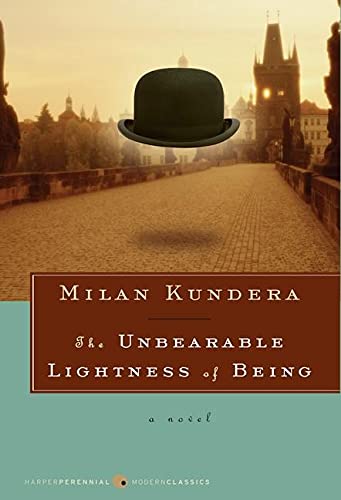 In The Unbearable Lightness of Being (1984), distinguished Czech novelist Milan Kundera tells the story of two couples following the Prague Spring of 1968: a young woman in love with a man fighting between his love for her and his unending womanizing, and one of his mistresses and her faithful lover. Kundera combines pieces of philosophical brilliance and artistic beauty to create snapshots of imperfect humans facing life-changing decisions.
In The Unbearable Lightness of Being (1984), distinguished Czech novelist Milan Kundera tells the story of two couples following the Prague Spring of 1968: a young woman in love with a man fighting between his love for her and his unending womanizing, and one of his mistresses and her faithful lover. Kundera combines pieces of philosophical brilliance and artistic beauty to create snapshots of imperfect humans facing life-changing decisions.
When The Unbearable Lightness of Being was first published in English, critic Elizabeth Hardwick, writing in Vanity Fair , described it as a “a work of the boldest mastery, originality, and richness.” It was named one of the best books of 1984 by the New York Times Book Review and won the Los Angeles Times Book Prize for Fiction. It quickly became an international bestseller.
We will discuss the first half of the book (parts 1-4) on Sept. 8 and the whole book (through part 7) on Sept. 22. Then, join the International Film Festival’s screening of The Unbearable Lightness of Being (1988) on Tuesday, Oct. 4 (7 p.m., Bookhouse Cinema) to watch and judge for ourselves the film Kundera intriguingly wrote “had very little to do with” the spirit or characters of his novel. The Czech Semester Book Club is hosted by the Missouri Southern chapter of Sigma Tau Delta, the International English honor society. Light refreshments will be provided.
10 a.m. Friday, September 9, 2022
Corely Auditorium in Webster Hall (Teams presentation)
Admission: free
Zoom Link: Discovering Prague in the Footsteps of History
“Three emperors lie buried in Prague,” wrote the world-renowned German playwright and bard Bertolt Brecht (1898-1956) about the current Czech capital while he was in exile in America.
This quotation from his poem, “The Song of the Moldau,” is one from within an immense number of characteristics related to the city which has been inspiring, fascinating, and enchanting.
However, there is not just “one Prague,” as a common visitor may think. The city offers various faces, many cultural layers, and several vivid insights into history of Central Europe. Prague is much more than a mere museum of the past. Join us for a tour along the footsteps of time and meet Prague essentials as well as its hidden gems! Admire the glorious arts of medieval and renaissance imperial and royal courts and shrines of Christian traditions including the famous Infant Jesus of Prague. Discover also sights documenting the daring and visionary atmosphere of the city in the modern era.
It was in Prague where Adolf Loos, the author of the famed essay “Ornament and Crime,” embraced his vision of architecture absolutely sober in form and his new concept of designing inner spaces. Prague was simply a perfect breeding ground for original deeds – it strongly influenced the musician Antonín Dvořák and the writer Franz Kafka, for example. The legacy of creative powers of Czech, German-speaking, Jewish, and also many foreign inhabitants makes Prague one of the truly unique capitals of Central Europe and a city of an unmistakable character.
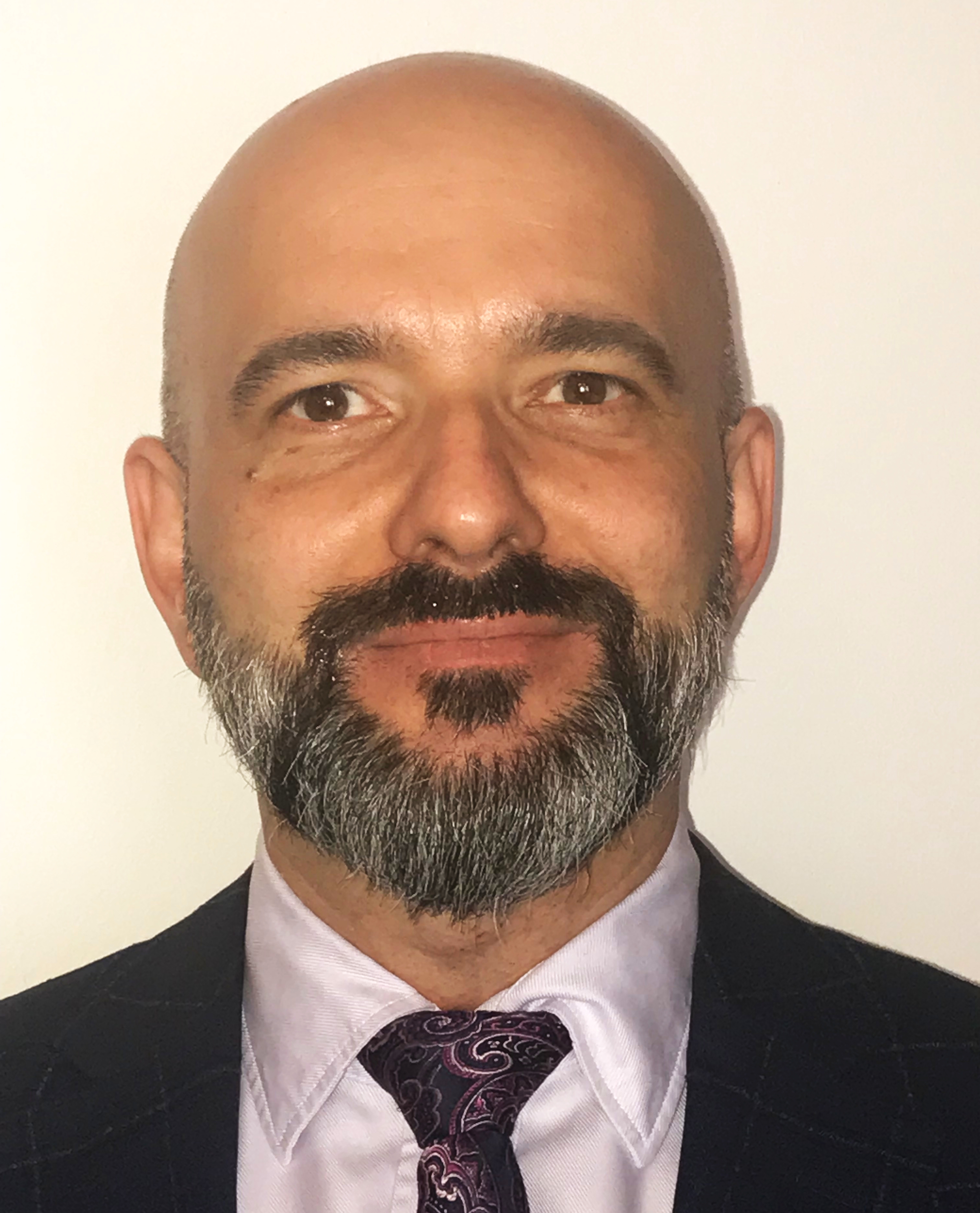
Dr. Ondřej Tikovský is an assistant professor of history in the Institute of History at the University of Hradec Králové, Czechia, specializing in early-modern era and cultural history, chiefly history through architecture and music. His research activities focus in particular on the economic, cultural, intellectual, and religious links amongst the nobility of Central Europe and related issues.
In 2016 he was appointed director of the Parliamentary Library and Archives of the Czech Republic in Prague. This mission of a parliamentary information specialist makes him active also within the worldwide International Federation of Library Associations and the European Centre for Parliamentary Research and Documentation. Tikovský has participated in several projects both of academic character and aiming at popularization of history and preservation of historical memory.
11 a.m. Wednesday, September 14, 2022
Corely Auditorium in Webster Hall
Admission: free
Zoom Link: All You Need to Know about Czech Cuisine: From Home Cooking to Open-Faced Sandwiches
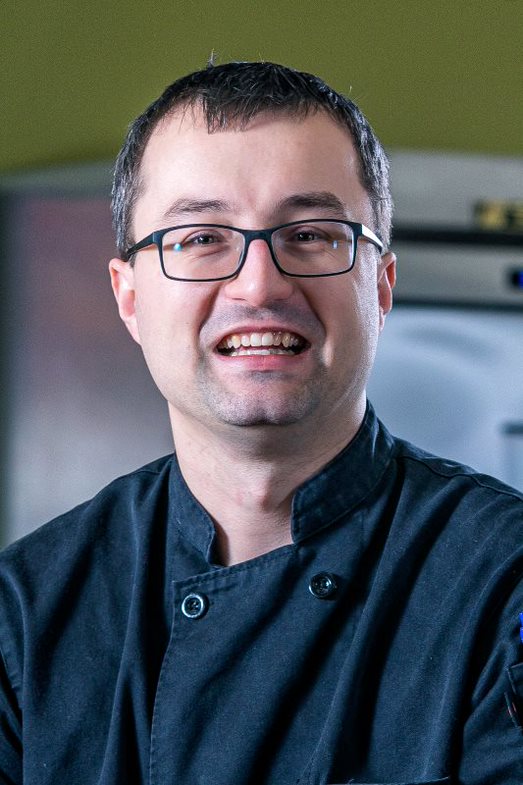 Many European nations have their version of open-faced sandwiches, but traditional decorated Czech-style “chlebíček” is common only in the Czech and Slovak republics. There is not a single place in the United States where you can purchase these sandwiches, which makes them rare but also very unique and attractive.
Many European nations have their version of open-faced sandwiches, but traditional decorated Czech-style “chlebíček” is common only in the Czech and Slovak republics. There is not a single place in the United States where you can purchase these sandwiches, which makes them rare but also very unique and attractive.
Based on the demand for a larger snack, chlebíček was invented in the beginning of the 20th century by a deli chef named Jan Paukert. People can still visit his deli called “Lahůdkářství Jan Paukert” in Prague. Chlebíček is fairly affordable in the Czech Republic, and is a common snack/meal on many occasions, such as various types of celebrations, receptions, intermissions during a theater performance, on Christmas Eve, or even for a quick lunch.
Chef Tomas Slepicka will discuss the ingredients and how to best source them in the United States. He will explain how to decorate and stage the deli meat, eggs, pickles, and other ingredients. He will provide easy tips on how to prepare this sandwich at home. He will also offer recipes and explain how to prepare deli salads and spreads.
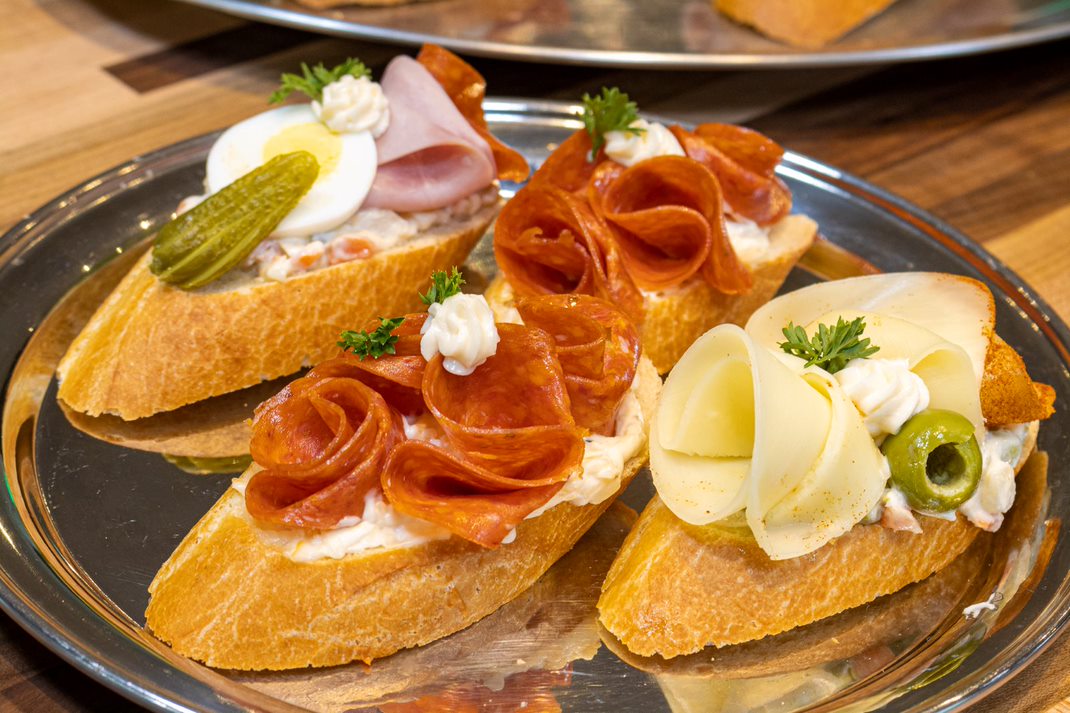 Following the presentation, you can sample a mini open-faced sandwich. The chef will offer a mini classic (premium ham, salami, hard-boiled egg), a mini cheese/paprika (Swiss cheese with paprika and an olive on a signature spread), or a mini garlic spread (salami on a cheese/garlic spread).
Following the presentation, you can sample a mini open-faced sandwich. The chef will offer a mini classic (premium ham, salami, hard-boiled egg), a mini cheese/paprika (Swiss cheese with paprika and an olive on a signature spread), or a mini garlic spread (salami on a cheese/garlic spread).
Chef Tomas Slepicka was born in Brno, the Czech Republic‘s second-largest city, behind Prague. Slepicka began cooking as a child, and by age 10, was baking cakes and Christmas cookies, then started focusing on meals. With restaurants and catering being common in the Czech Republic, he earned a degree from a culinary school in his hometown. While still in school, he established a successful full-service catering company, which operated in the Czech and Slovak republics, and Austria. His focus on creating a fine-dining experience reflected his eclectic tastes, ranging from Czech and Italian to French, Indian and Asian cuisines.
In 2008, he changed directions completely, creating a language school in Brno with his brother and Maggie Grove of Cedar Rapids, Iowa, who had come to the Czech Republic to teach high school. Bucking tradition, they taught American English rather than the standard British English. Slepicka and Grove married, and when they were ready to become parents, decided to relocate to Cedar Rapids in 2014 to give their children more educational opportunities. From 2015 to 2016, he operated the Czech Deli in Cedar Rapids’ NewBo City Market, where his open-face sandwiches beckoned like works of art. He currently teaches online cooking classes in cooperation with the National Czech and Slovak Museum and Library and is branching out with his blog, Cookingwithfamily.com.
9:30 a.m. Thursday, Sept. 15, 2022
Phelps Theater in Billingsly Student Center (Teams presentation)
Admission: free
Zoom Link: The Czechoslovak Connection: Spies, Translators, and African-American Poets in Cold War Prague
In 1950, the U.S. Communist Abraham Chapman, his wife, and two daughters boarded a train at Grand Central Station in New York City. They started a journey that would take them beyond the Iron Curtain. This journey involved forged papers, hidden identities – and African-American poetry as Chapman put together a poetry anthology of the Black diaspora, Black Poetry (1958), during his time in Czechoslovakia. But there were other contacts during that time. Figures such as the African-American poet Langston Hughes corresponded with their Czechoslovak fans and translators, giving advice on translation, and forging unexpected allegiances between Black writers and their Czechoslovak mediators. This talk explores these contacts and allegiances from our present moment and uncovers hidden internationalist solidarities and forgotten stories of the early Cold War period and the role Prague and other Czechoslovak cities played in them.
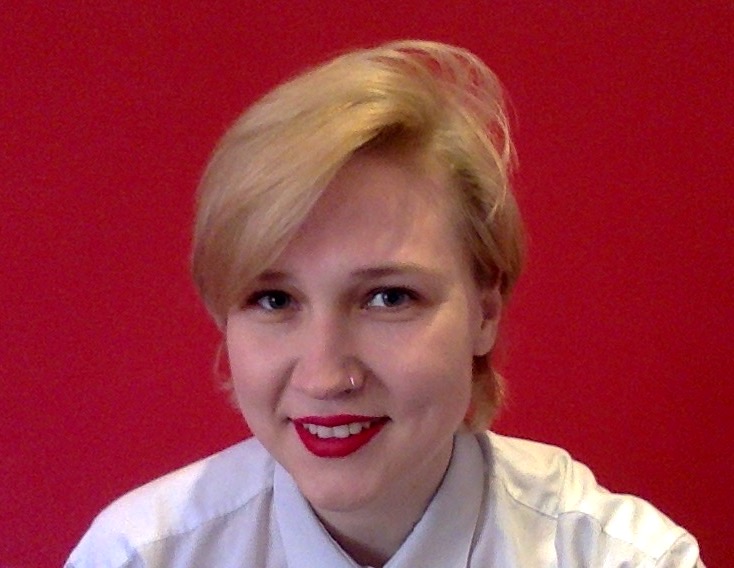 Dr. Františka Schormová is an associate professor at the Department of Anglophone Literatures and Cultures at the Faculty of Education, University of Hradec Králové, Czech Republic. She has received her Ph.D. from Charles University in Prague with an award-winning dissertation on African-American poets in Czechoslovakia. She was a Fulbright-Masaryk Fellow at the Davis Centre of Russian and Eurasian Studies at Harvard University in 2017-18. More recently, she was a Patočka Fellow at the Institute of Human Sciences in Vienna and a visiting researcher at Northumberland University Newcastle, working on her upcoming monograph Prague, Red and Black: Early Cold War Journeys, Networks, and Poems. Her research focuses on Cold War racial imaginaries and discourses, and translation issues in a broader sense. As an American studies scholar, she is also interested in ways to approach this field transnationally, and how to discuss U.S.-related issues with Czech students – and vice versa.
Dr. Františka Schormová is an associate professor at the Department of Anglophone Literatures and Cultures at the Faculty of Education, University of Hradec Králové, Czech Republic. She has received her Ph.D. from Charles University in Prague with an award-winning dissertation on African-American poets in Czechoslovakia. She was a Fulbright-Masaryk Fellow at the Davis Centre of Russian and Eurasian Studies at Harvard University in 2017-18. More recently, she was a Patočka Fellow at the Institute of Human Sciences in Vienna and a visiting researcher at Northumberland University Newcastle, working on her upcoming monograph Prague, Red and Black: Early Cold War Journeys, Networks, and Poems. Her research focuses on Cold War racial imaginaries and discourses, and translation issues in a broader sense. As an American studies scholar, she is also interested in ways to approach this field transnationally, and how to discuss U.S.-related issues with Czech students – and vice versa.
11 a.m. Thursday, Sept. 15, 2022
Phelps Theater in Billingsly Student Center (Teams presentation)
Admission: free
Zoom Link: Romani People and Their Music: The Musical Traditions of European Roma
The music of the Roma is very diverse. This variety depends on the specific groups of Romani people, their lifestyles, and the places (state, country) where this or that group lives. During the 19th century, in some parts of Europe such as Hungary, Spain, Russia, or the Balkans, the Roma participated in the creation of national music styles. In Western Europe, Sinti and Manush people have become excellent performers of “Gypsy Jazz.” Despite this tendency toward national and pan-national music, musical clues make it possible to identify the region from which a certain group of Roma musicians came. This presentation focuses on the main musical traditions of the European Roma, especially in the Central European area. How has Romani music changed in recent decades? Can we consider it a basic means of identification even today? These are the questions that the presentation tries to answer.
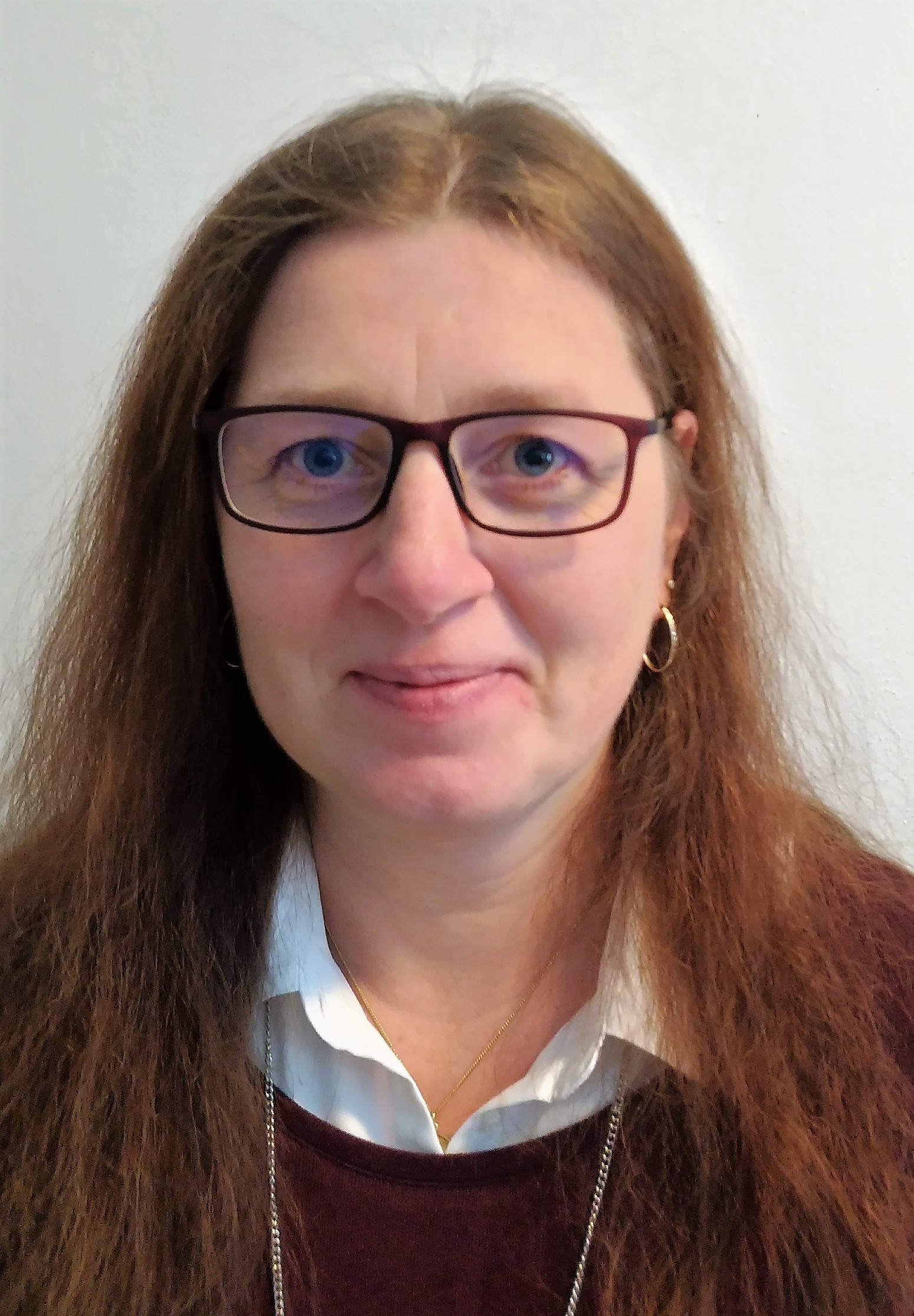 Dr. Kateřina Andršová is an assistant professor of music and coordinator of internationalization at the Music Department, Faculty of Education, University of Hradec Králové. She received her Ph.D. in music theory and pedagogy from University of Hradec Králové in 2019. She received the Student Annual Award for the 2017-18 academic year for extraordinary creative activity in the field of science and research by the Faculty of Education at the University of Hradec Králové. She was also nominated for the Mayor of the City Award for student creative work in 2018. She is deeply interested in ethnomusicology, especially in music of the Romani people. She has been focusing on the analysis of a collection of music recordings made by world-class photographer Josef Koudelka in Slovak Roma settlements in the 1960s.
Dr. Kateřina Andršová is an assistant professor of music and coordinator of internationalization at the Music Department, Faculty of Education, University of Hradec Králové. She received her Ph.D. in music theory and pedagogy from University of Hradec Králové in 2019. She received the Student Annual Award for the 2017-18 academic year for extraordinary creative activity in the field of science and research by the Faculty of Education at the University of Hradec Králové. She was also nominated for the Mayor of the City Award for student creative work in 2018. She is deeply interested in ethnomusicology, especially in music of the Romani people. She has been focusing on the analysis of a collection of music recordings made by world-class photographer Josef Koudelka in Slovak Roma settlements in the 1960s.
12 p.m. Friday, Sept. 16, 2022
Corley Auditorium in Webster Hall
Admission: free
Zoom Link: Not All Goulashes Are the Same: Why the Czech Version is Special
The Czech and Slovak republics are famous for their goulash. In this cooking demonstration, Chef Tomas Slepicka will prepare a decadent Czech version that will be totally different from the American version. The taste and texture of the goulash is heavily influenced by the surrounding states (Slovak, Austria, Germany, and Poland), but it will be Czech through and through as represented by the authentic Czech flavor, cooking techniques, and herbs. The presentation will include the preparation of traditional Czech side bread dumplings that are commonly served sliced. Their origin harkens all the way back to Asia, but in the last few centuries has been considered a staple of Czech cuisine. The chef will provide recipes and tips for everyone to be able to prepare this at home.
 Following the presentation, you can sample either a mini portion of beef goulash or vegetable goulash, both accompanied by a slice of bread dumpling.
Following the presentation, you can sample either a mini portion of beef goulash or vegetable goulash, both accompanied by a slice of bread dumpling.
Chef Tomas Slepicka was born in Brno, the Czech Republic‘s second-largest city, behind Prague. Slepicka began cooking as a child, and by age 10, was baking cakes and Christmas cookies, then started focusing on meals. With restaurants and catering being common in the Czech Republic, he earned a degree from a culinary school in his hometown. While still in school, he established a successful full-service catering company, which operated in the Czech and Slovak republics, and Austria. His focus on creating a fine-dining experience reflected his eclectic tastes, ranging from Czech and Italian to French, Indian and Asian cuisines.
In 2008, he changed directions completely, creating a language school in Brno with his brother and Maggie Grove of Cedar Rapids, Iowa, who had come to the Czech Republic to teach high school. Bucking tradition, they taught American English rather than the standard British English. Slepicka and Grove married, and when they were ready to become parents, decided to relocate to Cedar Rapids in 2014 to give their children more educational opportunities. From 2015 to 2016, he operated the Czech Deli in Cedar Rapids’ NewBo City Market, where his open-face sandwiches beckoned like works of art. He currently teaches online cooking classes in cooperation with the National Czech and Slovak Museum and Library and is branching out with his blog, Cookingwithfamily.com.
10 a.m. Friday, Sept. 23, 2022
Cornell Auditorium in Plaster Hall (Teams presentation)
Admission: free
Almost every university around the globe presents itself as being international, and there are plenty places you can go for an exchange. Considering Europe, many Americans prefer the British Isles because of common language, Germany or France due to their economic power, or Italy or Spain because of the history. But what about Central and Eastern Europe? Does it make any sense to visit a mid-sized university that is located in a post-Communist country where none of the major world languages is an official one? This presentation will give you a plenty of reasons why to consider a semester in the Czech Republic.
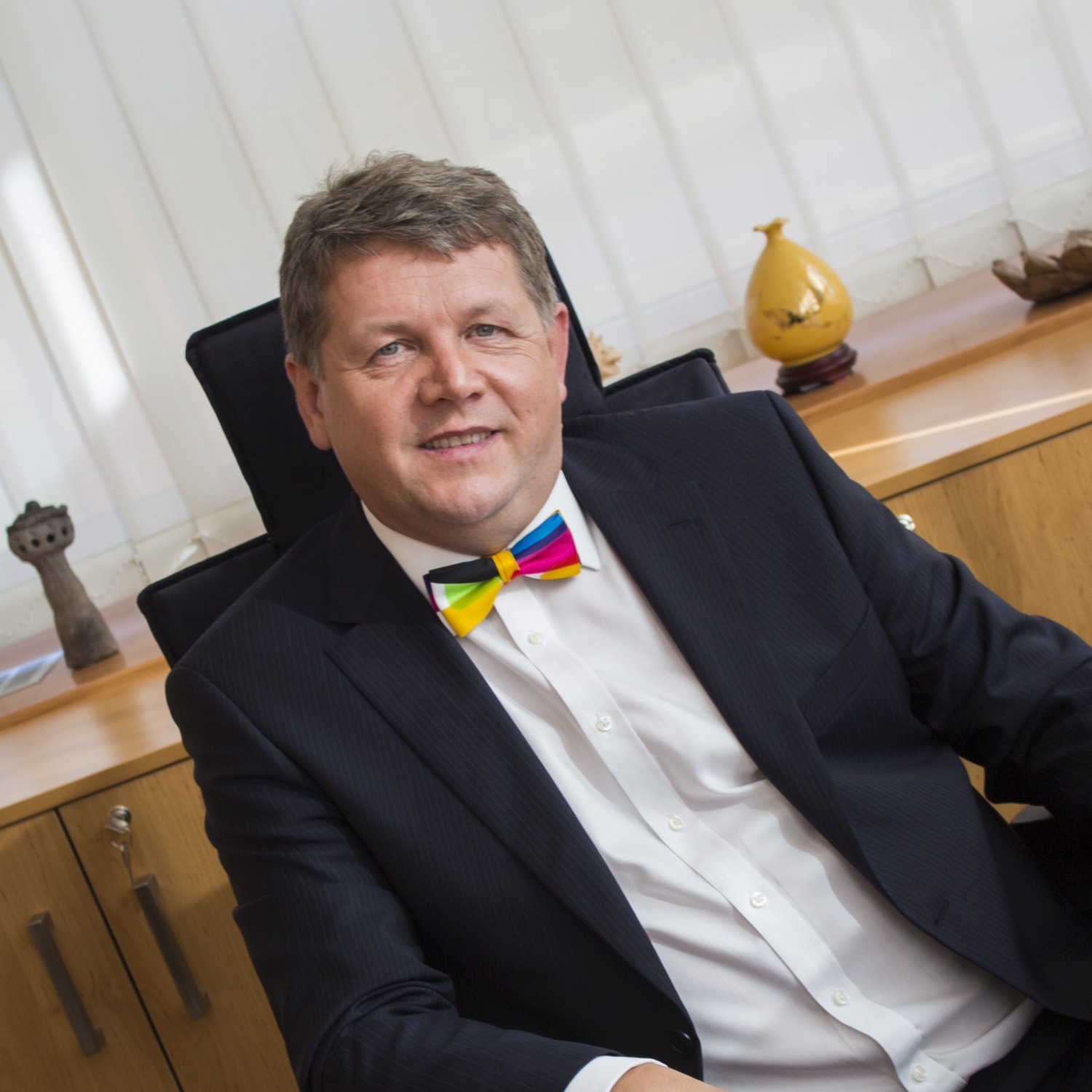 Dr. Josef Hynek is a professor of information management at the University of Hradec Králové, Czech Republic. He received his MBA from the University of Hull in England and his Ph.D. at Charles University in Prague. His research is mainly focused on the area of soft-computing and its applications. Nevertheless, due to his rich management experience, he is interested in various aspects of management and leadership. He led the University of Hradec Králové for two consecutive terms as the rector (2008-16) and was elected as dean of the Faculty of Informatics and Management afterwards. His leadership effort and results were noticed and acknowledged on the national level (Medal of the City of Hradec Králové in 2015, finalist of the Czech “Manager of the year 2010” competition) and internationally (“featured hero” within Microsoft Heroes Happen Here campaign in 2008).
Dr. Josef Hynek is a professor of information management at the University of Hradec Králové, Czech Republic. He received his MBA from the University of Hull in England and his Ph.D. at Charles University in Prague. His research is mainly focused on the area of soft-computing and its applications. Nevertheless, due to his rich management experience, he is interested in various aspects of management and leadership. He led the University of Hradec Králové for two consecutive terms as the rector (2008-16) and was elected as dean of the Faculty of Informatics and Management afterwards. His leadership effort and results were noticed and acknowledged on the national level (Medal of the City of Hradec Králové in 2015, finalist of the Czech “Manager of the year 2010” competition) and internationally (“featured hero” within Microsoft Heroes Happen Here campaign in 2008).
1 p.m. Thursday, Sept. 29, 2022
Corley Auditorium in Webster Hall
Admission: free
Zoom Link: Mozart in Prague
When most people think of Wolfgang Amadeus Mozart (1756-1791) – if they think of him at all – they think of the child prodigy, the imp portrayed in the Miloš Forman’s (Czech director) movie Amadeus , or the composer of some of the world’s greatest classical music. All of the above describe the subject of this presentation. What many do not think of in association with Mozart, is Prague.
Although he lived in Vienna most of his short life, he was somewhat dismissed by the Viennese as a composer of excessively complicated music. However, about Prague he was quoted as saying, “My Praguers understand me.” The Czech public responded enthusiastically to Mozart’s works. Dr. Diana Allan , MSSU music professor, will include slides of Prague venues Mozart visited and performed in, audio/video excerpts of his works that were performed or premiered in Prague, and an overview of just why Mozart and Prague loved each other so much.
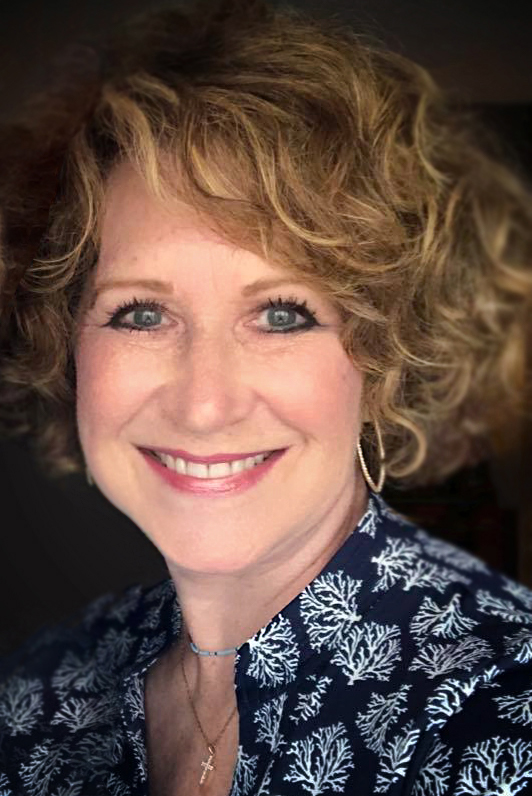 Dr. Diana Allan teaches in MSSU’s Performing Arts Department. Her interest in Mozart and Prague arises from a love of music and the Czech Republic. She has conducted three student tours to Prague where she first discovered Mozart’s connection with the Czech people.
Dr. Diana Allan teaches in MSSU’s Performing Arts Department. Her interest in Mozart and Prague arises from a love of music and the Czech Republic. She has conducted three student tours to Prague where she first discovered Mozart’s connection with the Czech people.
7:30 p.m. Tuesday, Oct. 4, 2022
Location: TBD
Admission: free
Zoom Link: MSSU Wind Ensemble Plays the Music of Dvořák
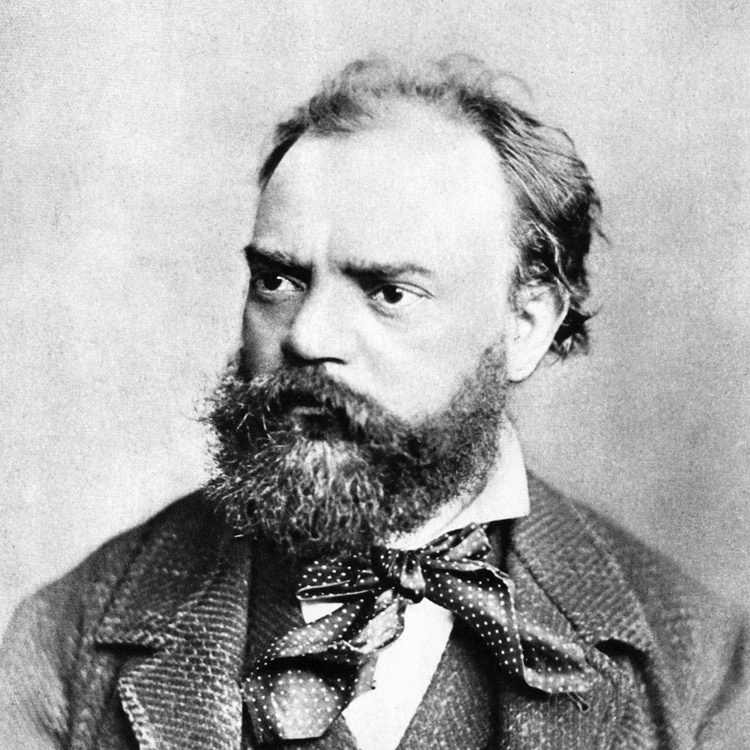 Dr. Brandon E. Robinson , director of bands at MSSU, leads the MSSU Wind Ensemble in a concert featuring the music of Czech composer Antonín Dvořák (1841-1904) and others.
Dr. Brandon E. Robinson , director of bands at MSSU, leads the MSSU Wind Ensemble in a concert featuring the music of Czech composer Antonín Dvořák (1841-1904) and others.
9:30 a.m. Thursday, Oct. 6, 2022
Cornell Auditorium in Plaster Hall (Zoom presentation)
Admission: free
Zoom Link: Marketing PETROF Pianos all over the World
PETROF is a significant producer of acoustic grand and upright pianos in Europe. It trades in 5 continents and exports to over 65 countries the world over. “Since 1864, when Antonín Petrof built his first piano, we have produced under the PETROF name roughly 635,000 instruments and many others within the PETROF Brand Family. Countless famous performers and well-known personalities have fallen in love with PETROF instruments, and the representatives of the fifth and sixth generation proudly continue in their honorable trade and family tradition.”
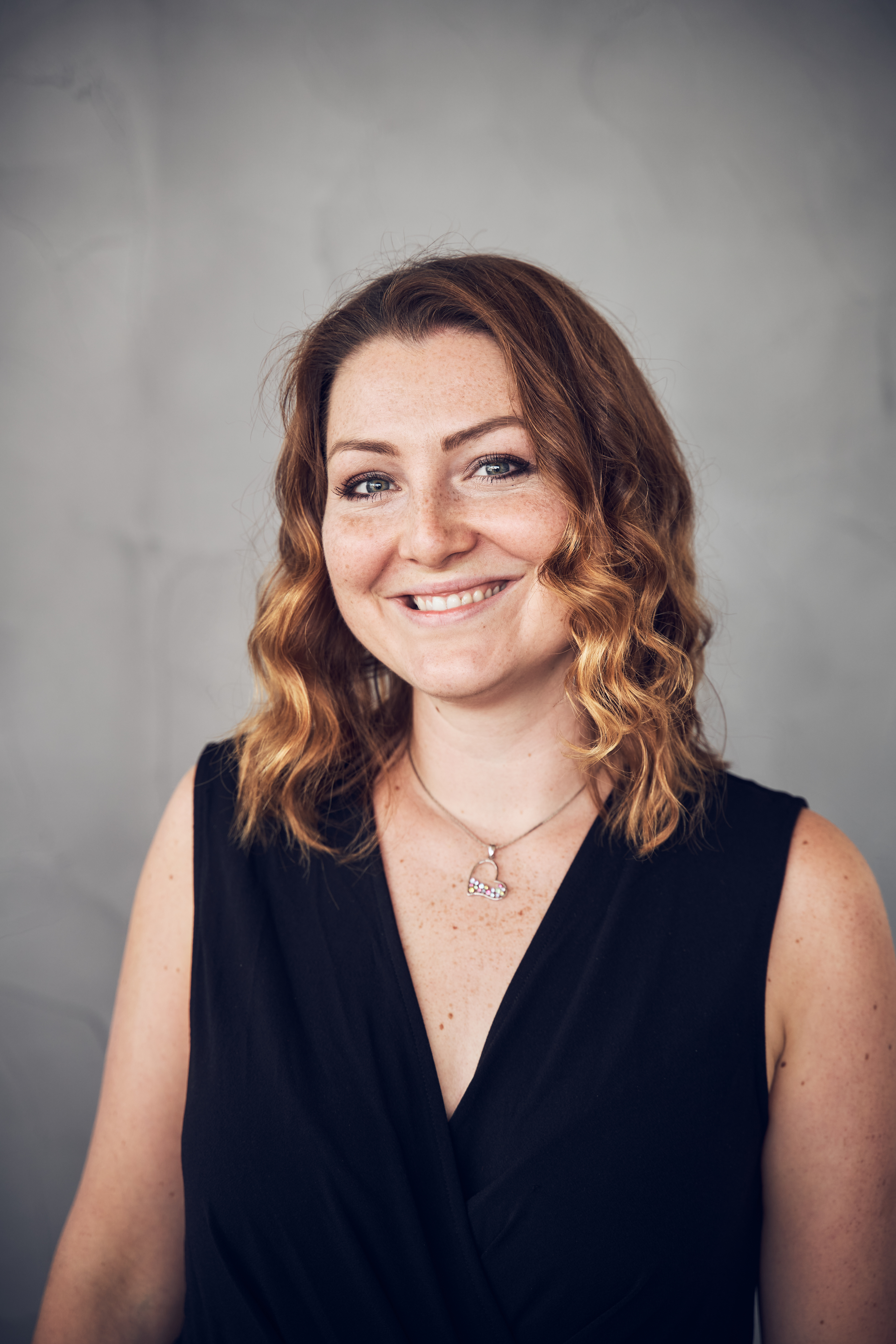 Ing. Anna Prousková is the sixth generation of the Petrof family participating in the company’s management. She graduated in International Trade from the University of Economics in Prague. At 16, she started working for the family company. Since then, she went through marketing, domestic and foreign trade. In 2018, she became the director of the PETROF Gallery cultural centre, and two years later, she became the company's commercial director. She is currently in charge of domestic and foreign trade development in pianos, e-shop, and social/cultural events organized in the PETROF Gallery.
Ing. Anna Prousková is the sixth generation of the Petrof family participating in the company’s management. She graduated in International Trade from the University of Economics in Prague. At 16, she started working for the family company. Since then, she went through marketing, domestic and foreign trade. In 2018, she became the director of the PETROF Gallery cultural centre, and two years later, she became the company's commercial director. She is currently in charge of domestic and foreign trade development in pianos, e-shop, and social/cultural events organized in the PETROF Gallery.
Throughout the lecture, you will learn about the history and present-day of PETROF company, focusing on the company’s portfolio and related business activities. Also, we will deal with B2B and B2C trade differences in more detail (customer requirements, pricing, sales process, logistics). Then, we will discuss the specifics of some regions (trade barriers, risks, and their elimination). At the end of the lecture, we will conclude with PETROF marketing activities.
11 a.m. Friday, Oct. 7, 2022
Corley Auditorium in Webster Hall
Admission: free
Zoom Link: Czech Cultural Heritage in the Digital Era
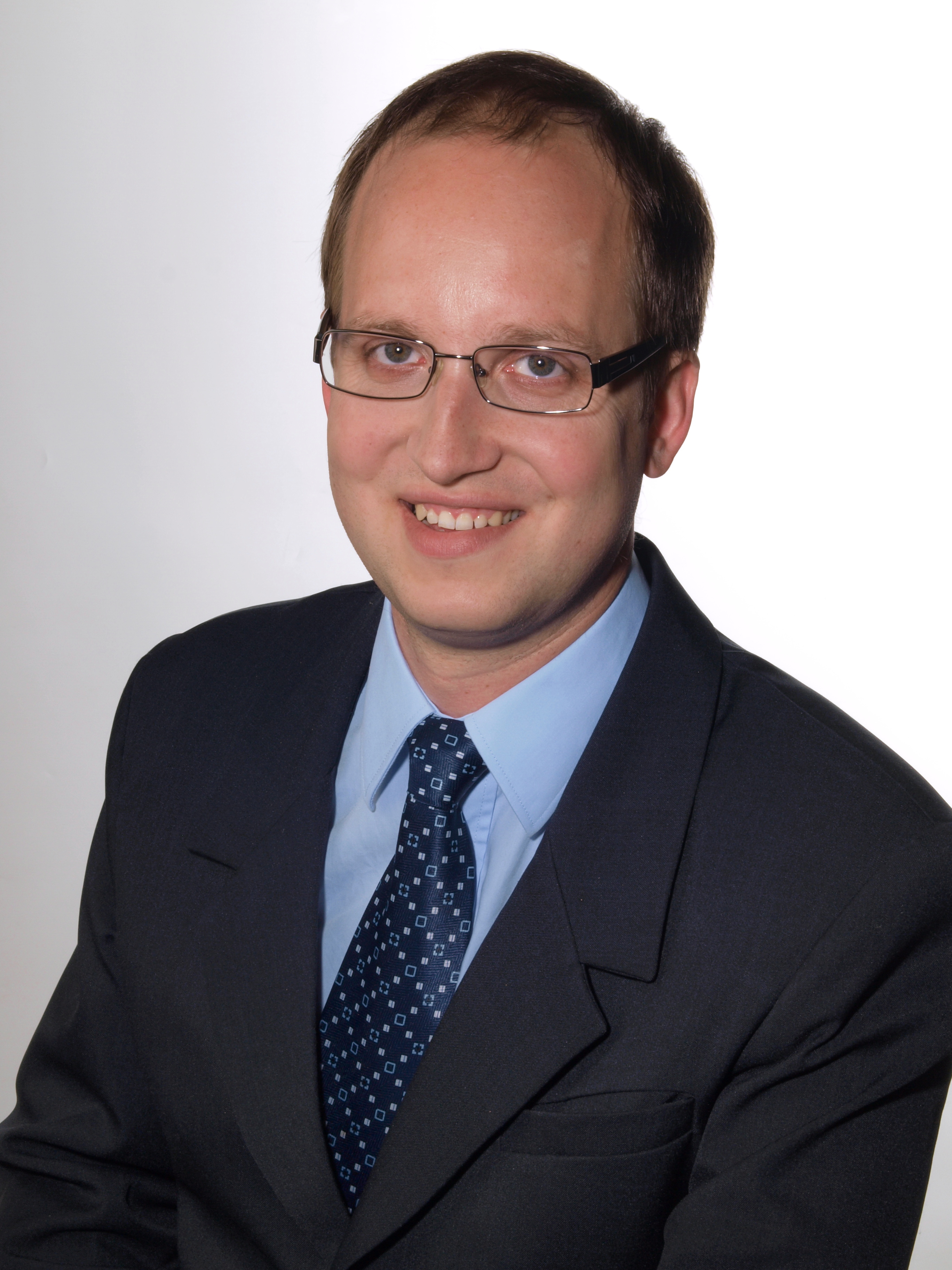 Students and faculty of MSSU are invited to experience Czechia, either in person or virtually. This presentation will provide all those planning to visit this central-European jewel with a basic orientation in the geography and cultural heritage of this region historically known as Bohemia. It is also offered for all who will not travel but would like to experience Franz Kafka’s town, visit Gothic cathedrals and picturesque spa towns, or admire unique art collections. Digitalization makes unimaginable things real. Professor Zdeněk Beran will show you how to experience some of the main cultural sites (Prague, Kutná Hora, Karlštejn Castle, etc.) and access the online collections of such institutions as the National Gallery Prague, virtually walk in the area of the Prague Castle and other projects opening Czech cultural heritage to a worldwide audience.
Students and faculty of MSSU are invited to experience Czechia, either in person or virtually. This presentation will provide all those planning to visit this central-European jewel with a basic orientation in the geography and cultural heritage of this region historically known as Bohemia. It is also offered for all who will not travel but would like to experience Franz Kafka’s town, visit Gothic cathedrals and picturesque spa towns, or admire unique art collections. Digitalization makes unimaginable things real. Professor Zdeněk Beran will show you how to experience some of the main cultural sites (Prague, Kutná Hora, Karlštejn Castle, etc.) and access the online collections of such institutions as the National Gallery Prague, virtually walk in the area of the Prague Castle and other projects opening Czech cultural heritage to a worldwide audience.
Dr. Zdeněk Beran is an associate professor of history and director of the Institute of History at the University of Hradec Králové, Czech Republic. He received his Ph.D. from the University of Hradec Králové in the field of Czech and Czechoslovak history. In his research he focuses on Central Europe in the late medieval and early modern periods with a special focus on nobility, peacekeeping, and rise of the modern state.
He is the author of three monographs, participated on publications in renowned houses as Peter Lang, Böhlau, and Nomos and contributed to several central European journals. He served as vice-dean for international affairs in 2017-18 and vice-rector (vice-president) for international affairs in 2018-20 at the University of Hradec Králové. He has experience managing several international projects and supports internationalization and enhancement of quality teaching in many different forms. Coordination of the MSSU-UHK cooperation is one of the major ones. He will be a visiting professor at MSSU in October 2022.
1 p.m. Monday, Oct. 10, 2022
Corley Auditorium in Webster Hall
Admission: free
Zoom Link: Why Czech Glass and Czech Crystal are the “Family Silver”
Czech glass and Czech crystal are considered the national “family silver.” The glassmaking tradition in Bohemia dates back to the early Middle Ages and is related to both the favorable natural conditions and the location of Bohemia in the center of Europe. Over time, Czech glass products became the dominant commodity exported to all countries of the world. In the Gothic and Renaissance periods it was blown drinking glass. In the Mannerism and Baroque periods it was cut and engraved glass (later painted), colored and pressed glass, cut imitations of precious stones and jewellery glass, and glass beads in the form of free sculpture.
The history of glassmaking in Bohemia is closely linked to cultural and political events on the “Old Continent,” and it is possible to see the influence of wars or enlightened governance on the industry and artistic craft. The presentation will show historical and contemporary glassmaking.
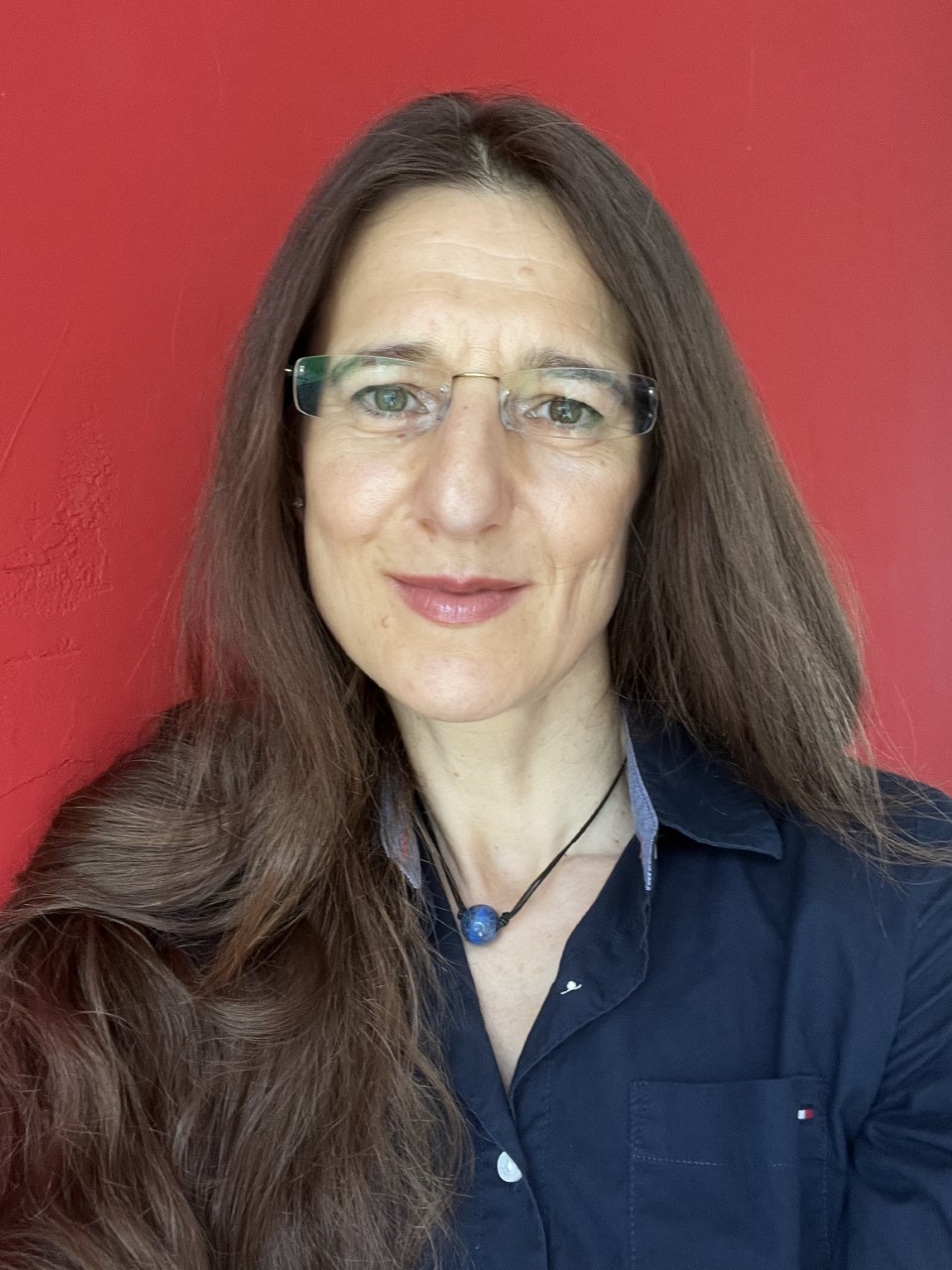 Dr. Kateřina Štěpánková is a member of the Department of Art and Textiles at the University of Hradec Králové , where she teaches art education for generalists teachers (children 6-11 years) and kindergarden teachers (children 3-6 years). She teaches mainly didactic subjects for these students and art therapy for students of the Department of Social and Special Education. In her research she deals with the topic of creativity and its support and the issue of art education at the elementary level. Štěpánková received her Ph.D. in the theory of art education from the University of J.E. Purkyně in Ústí nad Labem.
Dr. Kateřina Štěpánková is a member of the Department of Art and Textiles at the University of Hradec Králové , where she teaches art education for generalists teachers (children 6-11 years) and kindergarden teachers (children 3-6 years). She teaches mainly didactic subjects for these students and art therapy for students of the Department of Social and Special Education. In her research she deals with the topic of creativity and its support and the issue of art education at the elementary level. Štěpánková received her Ph.D. in the theory of art education from the University of J.E. Purkyně in Ústí nad Labem.
1 p.m. Tuesday, Oct. 11, 2022
Cornell Auditorium in Plaster Hall
Admission: free
Zoom Link: Graphic Art in the Czech Lands
From the very beginning of their existence, graphic lists have been excellent at exchanging and sharing various elements and motifs of visual culture across space and time. Relatively low production costs, minimal transport requirements, and the principle of multiplication have made graphic techniques one of the most culturally influential phenomena of European art. The lecture will present the historical development of graphic art in the Czech lands – from its beginnings to the present. An integral part of the presentation will be the introduction of traditional and experimental graphic techniques, the work of prominent Czech artists (František Kupka, Zdeněk Sýkora, Eduard Ovčáček, and Adriana Šimotová), and traditional graphic art shows.
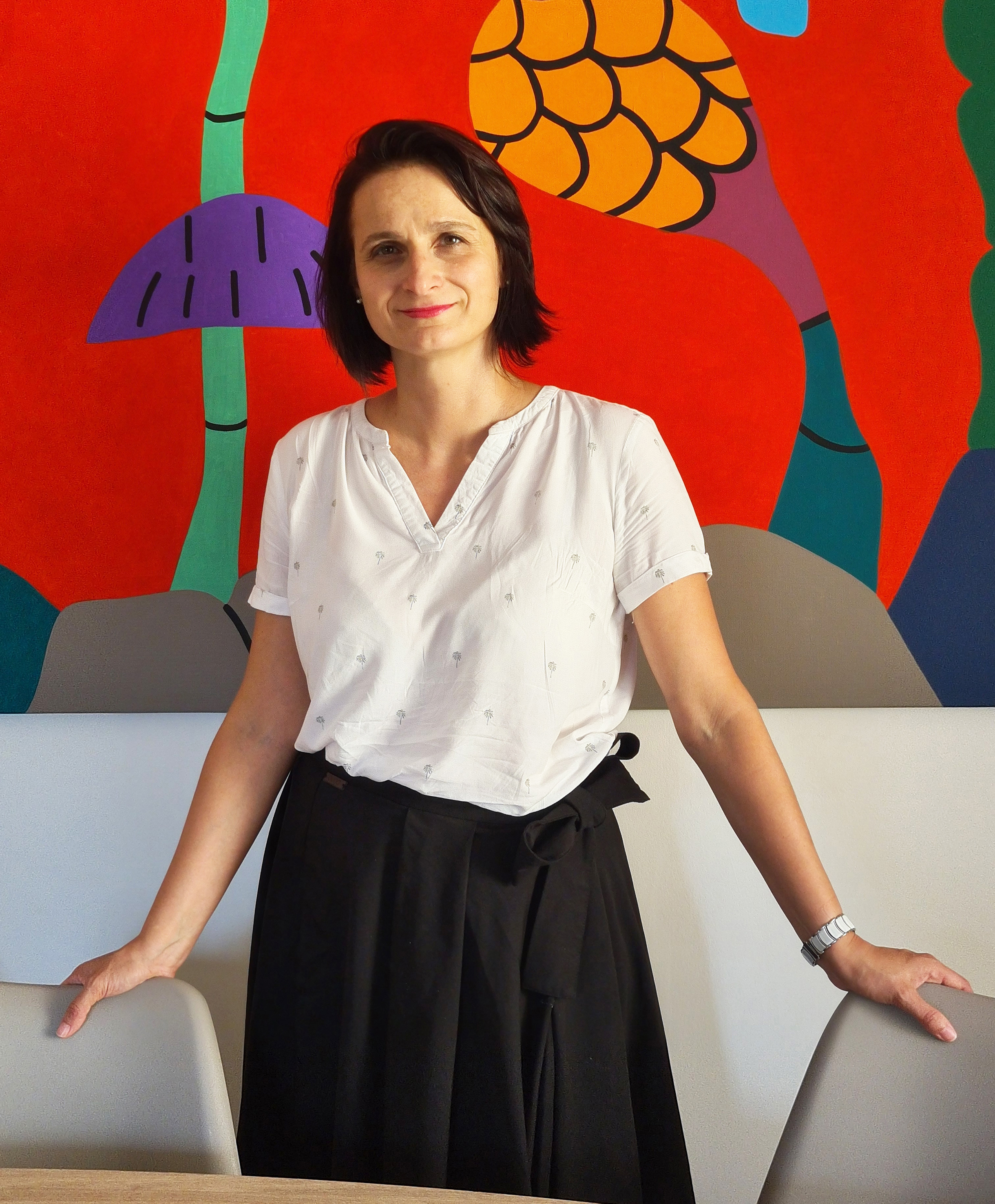 Dr. Klára Zářecká is a member of the Department of Art Education and Textile Art, Faculty of Education, University of Hradec Králové, Czech Republic. She studied the history of art at Charles University in Prague and art education at the University of Hradec Králové. She completed her doctoral studies in Czech and Czechoslovak history at the Faculty of Arts, University of Hradec Králové, in 2013. She mainly teaches the history of art and gallery education. In the past, she worked as a curator and educator at the Gallery of Modern Art in Hradec Králové. Since the beginning of 2022 she has been the director of the East Bohemian Gallery in Pardubice. Her research focuses on early modern church art, modern art, and gallery education.
Dr. Klára Zářecká is a member of the Department of Art Education and Textile Art, Faculty of Education, University of Hradec Králové, Czech Republic. She studied the history of art at Charles University in Prague and art education at the University of Hradec Králové. She completed her doctoral studies in Czech and Czechoslovak history at the Faculty of Arts, University of Hradec Králové, in 2013. She mainly teaches the history of art and gallery education. In the past, she worked as a curator and educator at the Gallery of Modern Art in Hradec Králové. Since the beginning of 2022 she has been the director of the East Bohemian Gallery in Pardubice. Her research focuses on early modern church art, modern art, and gallery education.
6 p.m. Thursday, Oct. 13, 2022
Bookhouse Cinema, 715 E. Broadway
Admission: free
 Pick up a copy of the book in Webster Hall 337 or Kuhn Hall 203 while supplies last.
Pick up a copy of the book in Webster Hall 337 or Kuhn Hall 203 while supplies last.
The Czech-themed book club would not be complete without one of Prague-born, German-speaking novelist Franz Kafka’s best-known works, his famous novella The Metamorphosis (1915).
Picture this… your life consists of the monotonous day in and day out of a job that society tells you is the most important aspect of your life. You are the sole provider for your household. Then one morning, you wake up to discover you have been transformed into a giant insect and are unable to continue your daily duties. In The Metamorphosis , readers are taken on a journey with Gregor Samsa as he deals with life after being transformed into a “monstrous insect.” The story explores themes of family duty, alienation, economic effects on human relationships, and feelings of guilt. The phrase “Kafkaesque” was coined to describe the most unpleasant and bizarre aspects of modern life because of the nightmarish scenarios in Kafka’s novels and stories. Join us to find out more!
The Czech Semester Book Club is hosted by the Missouri Southern chapter of Sigma Tau Delta, the International English honor society. Light refreshments will be provided. (The illustration is Metamorphosis of Kafka by James LeGros.)
10 a.m. Friday, Oct. 14, 2022
Corley Auditorium in Webster Hall
Admission: free
Zoom Link: Contrasting U.S. and Czech Culture and History
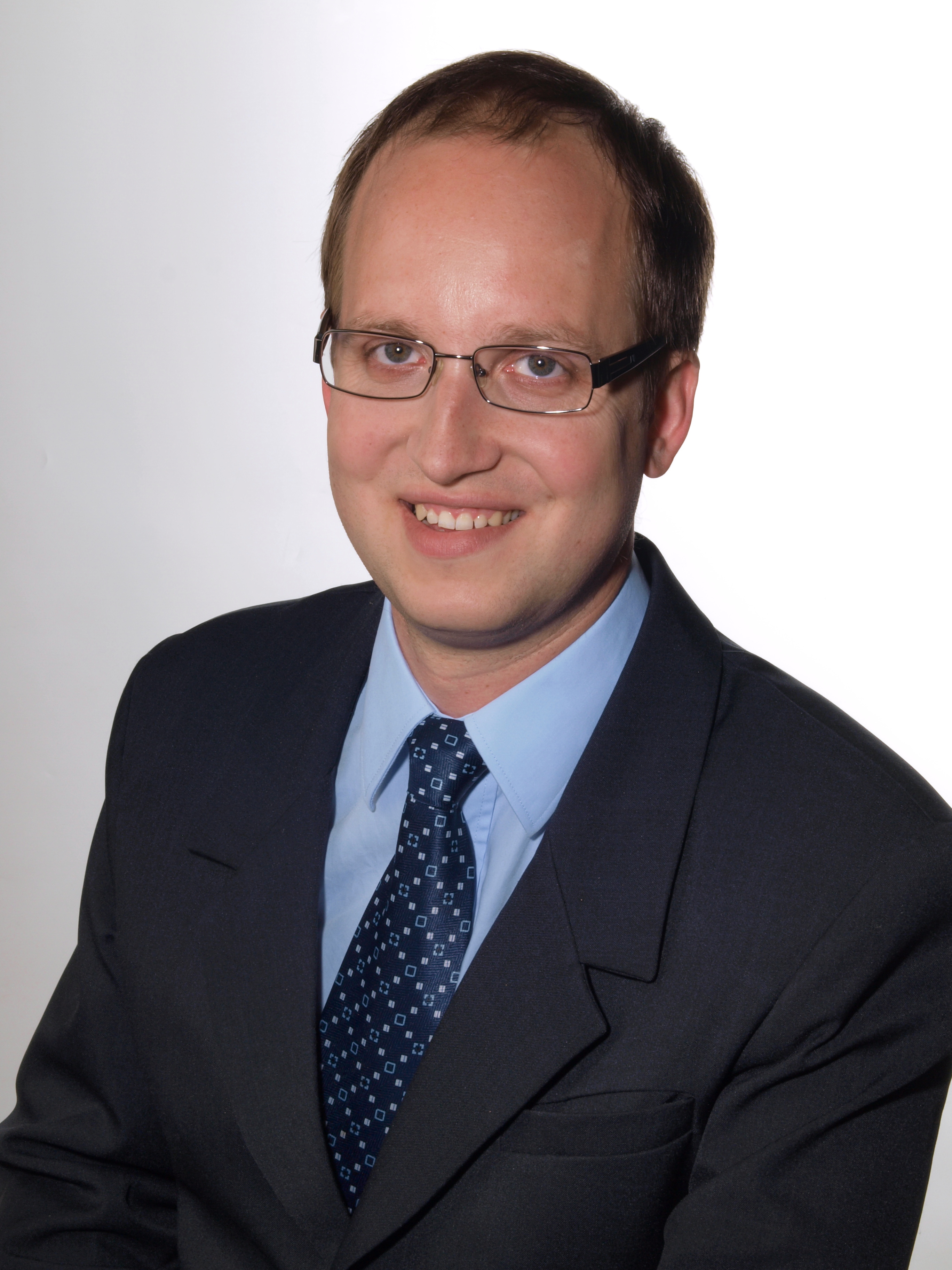 Czechia (or Czech Republic) is situated in the center of the old continent and could serve U.S. citizens as a bridge for the often-neglected culture and society of eastern European countries. The talk will start with provoking questions in an attempt to shake many deeply enrooted opinions as culturally conditioned. Comparing U.S. and Czech values based on Hofstede´s model, Professor Zdeněk Beran will be able to show and interpret basic mutual cultural differences. The second part of the presentation will use well-known images from different periods of both nations to discover unexpected relations and parallels.
Czechia (or Czech Republic) is situated in the center of the old continent and could serve U.S. citizens as a bridge for the often-neglected culture and society of eastern European countries. The talk will start with provoking questions in an attempt to shake many deeply enrooted opinions as culturally conditioned. Comparing U.S. and Czech values based on Hofstede´s model, Professor Zdeněk Beran will be able to show and interpret basic mutual cultural differences. The second part of the presentation will use well-known images from different periods of both nations to discover unexpected relations and parallels.
Dr. Zdeněk Beran is an associate professor of history and director of the Institute of History at the University of Hradec Králové, Czech Republic. He received his Ph.D. from the University of Hradec Králové in the field of Czech and Czechoslovak history. In his research he focuses on Central Europe in the late medieval and early modern periods with a special focus on nobility, peacekeeping, and rise of the modern state.
He is the author of three monographs, participated on publications in renowned houses as Peter Lang, Böhlau, and Nomos and contributed to several central European journals. He served as vice-dean for international affairs in 2017-18 and vice-rector (vice-president) for international affairs in 2018-20 at the University of Hradec Králové. He has experience managing several international projects and supports internationalization and enhancement of quality teaching in many different forms. Coordination of the MSSU-UHK cooperation is one of the major ones. He will be a visiting professor at MSSU in October 2022.
1 p.m. Thursday, Oct. 20, 2022
Corley Auditorium in Webster Hall (Teams presentation)
Admission: free
Zoom Link: The Career and Importance of Antonín Dvořák
Antonín Dvořák’s artistic legacy is one of the fundamental pillars of European cultural heritage. Dvořák is also the most played Czech author in an international context. At the same time, however, he is a composer whose work has been the subject of professional disputes and whose importance has been diminished for decades by musicologists influenced by Communist ideology. The lecture on the significance and career of Antonín Dvořák will introduce the composer not only as an author going through various creative stages, but will also explain the seriousness and value of his work in the context of his time.
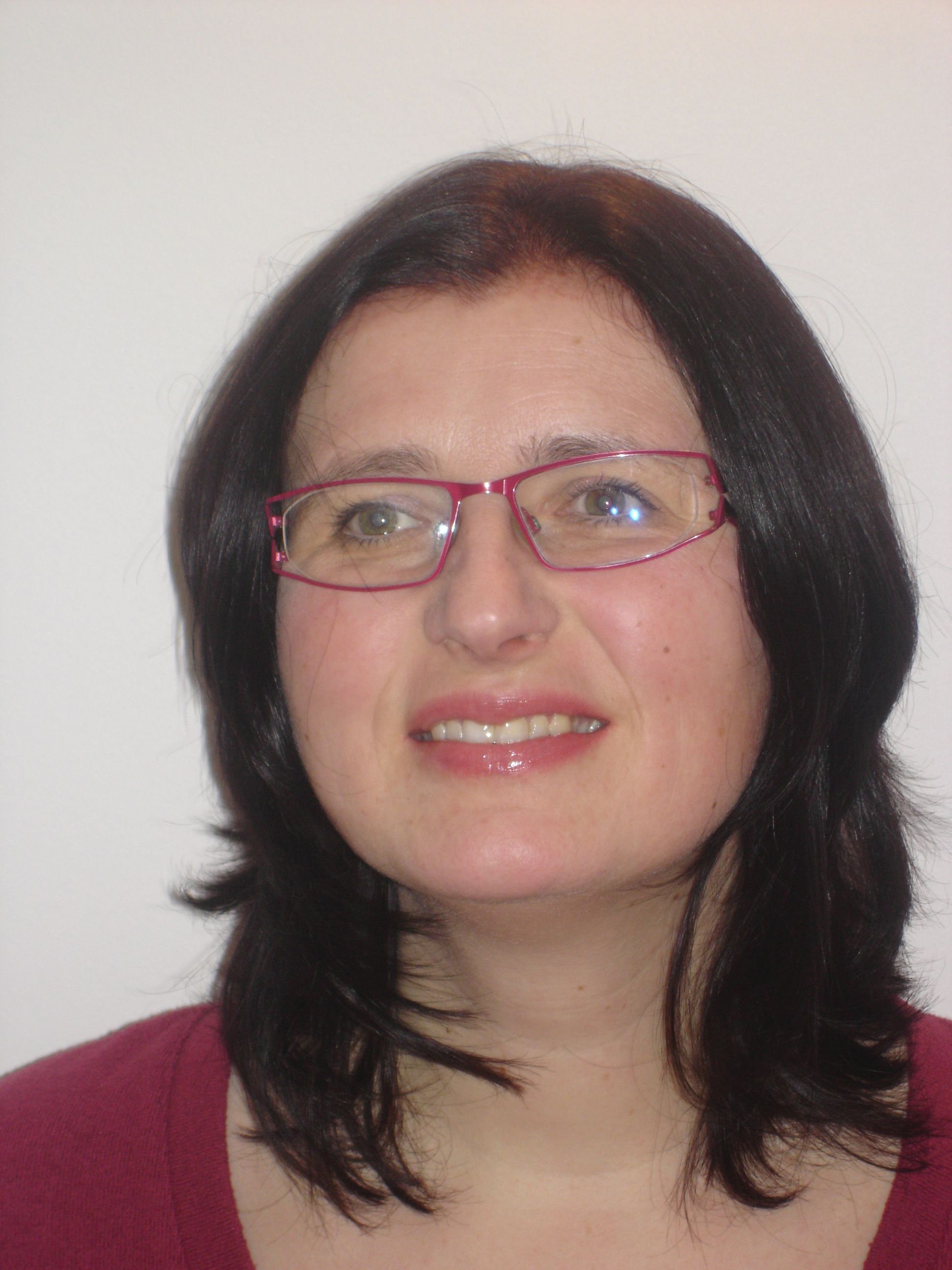 Dr. Ludmila Kroupová is an assistant professor at the Music Department, Faculty of Education, University of Hradec Králové, Czech Republic. She received her Ph.D. at the University J.E. Purkyně in Ústí nad Labem in the field of music theory and pedagogy. In her research, she focuses mainly on the field of Czech song literature in the Romantic period, with a special focus on the songwriting of the composer Antonin Dvořák . She is the author of the monograph “Antonin Dvořák ’s Songs: The Analysis of Selected Cycles.” Her results in the field of upbringing and education were acknowledged by the “Pedagogical Personality of the Year 2021” award granted by the City of Hradec Králové.
Dr. Ludmila Kroupová is an assistant professor at the Music Department, Faculty of Education, University of Hradec Králové, Czech Republic. She received her Ph.D. at the University J.E. Purkyně in Ústí nad Labem in the field of music theory and pedagogy. In her research, she focuses mainly on the field of Czech song literature in the Romantic period, with a special focus on the songwriting of the composer Antonin Dvořák . She is the author of the monograph “Antonin Dvořák ’s Songs: The Analysis of Selected Cycles.” Her results in the field of upbringing and education were acknowledged by the “Pedagogical Personality of the Year 2021” award granted by the City of Hradec Králové.
11 a.m. Monday, Oct. 31, 2022
Corley Auditorium in Webster Hall (Teams presentation)
Admission: free
Zoom Link: Searching for Ghosts: A Journey through the History, Mysteries, and Haunted Places of Prague
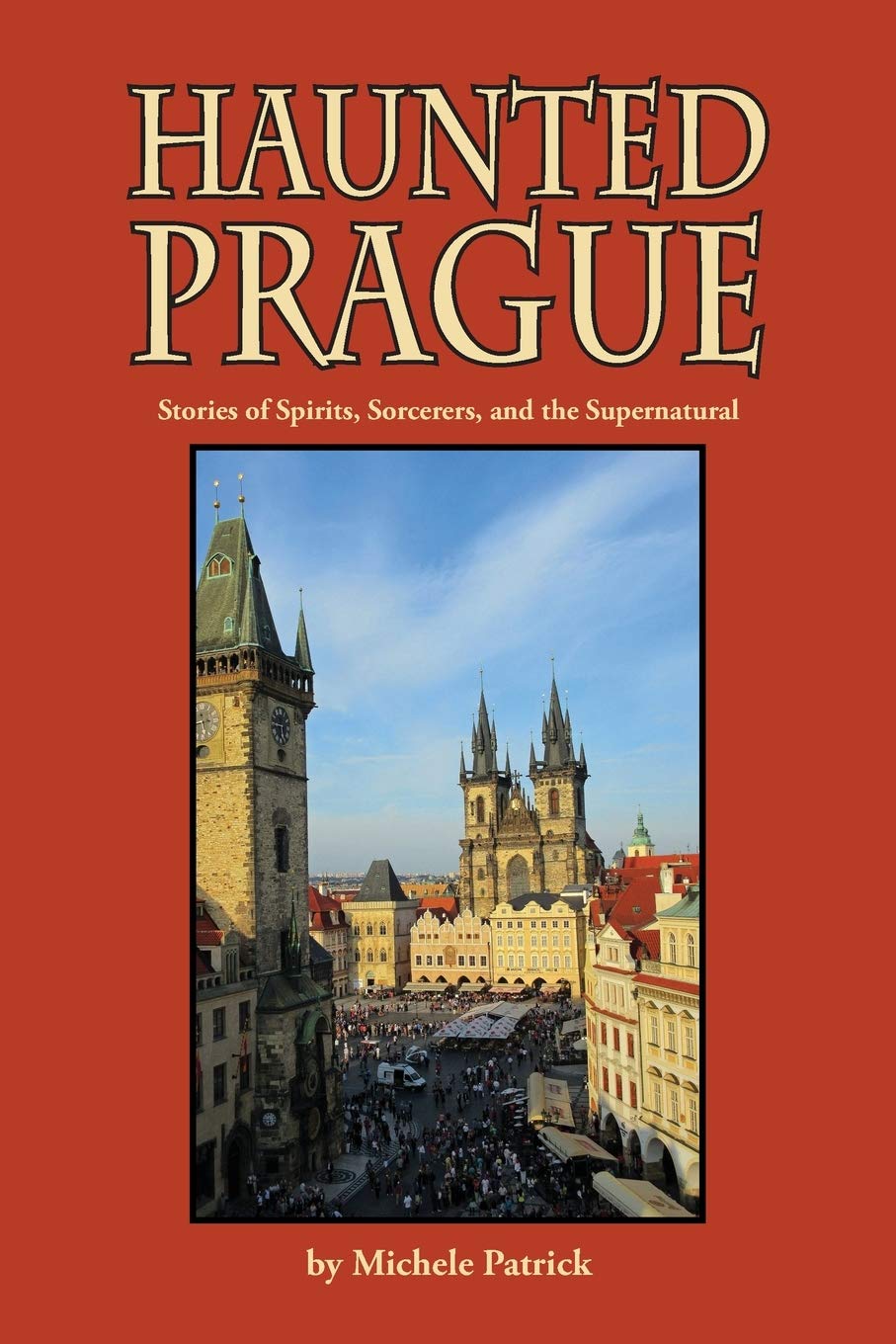 Prague, the capital of the Czech Republic, is probably the most haunted city in the world. It’s a place where magic and mystery can be found at every turn, and where a ghost or spirit seems to be lurking around every corner. But the legends of this city are not just stories set in Prague. They truly capture Prague’s history, culture, and very spirit, as they often have real events and real people behind them. The tales also provide a magical and even macabre tour of the city’s most famous sites.
Prague, the capital of the Czech Republic, is probably the most haunted city in the world. It’s a place where magic and mystery can be found at every turn, and where a ghost or spirit seems to be lurking around every corner. But the legends of this city are not just stories set in Prague. They truly capture Prague’s history, culture, and very spirit, as they often have real events and real people behind them. The tales also provide a magical and even macabre tour of the city’s most famous sites.
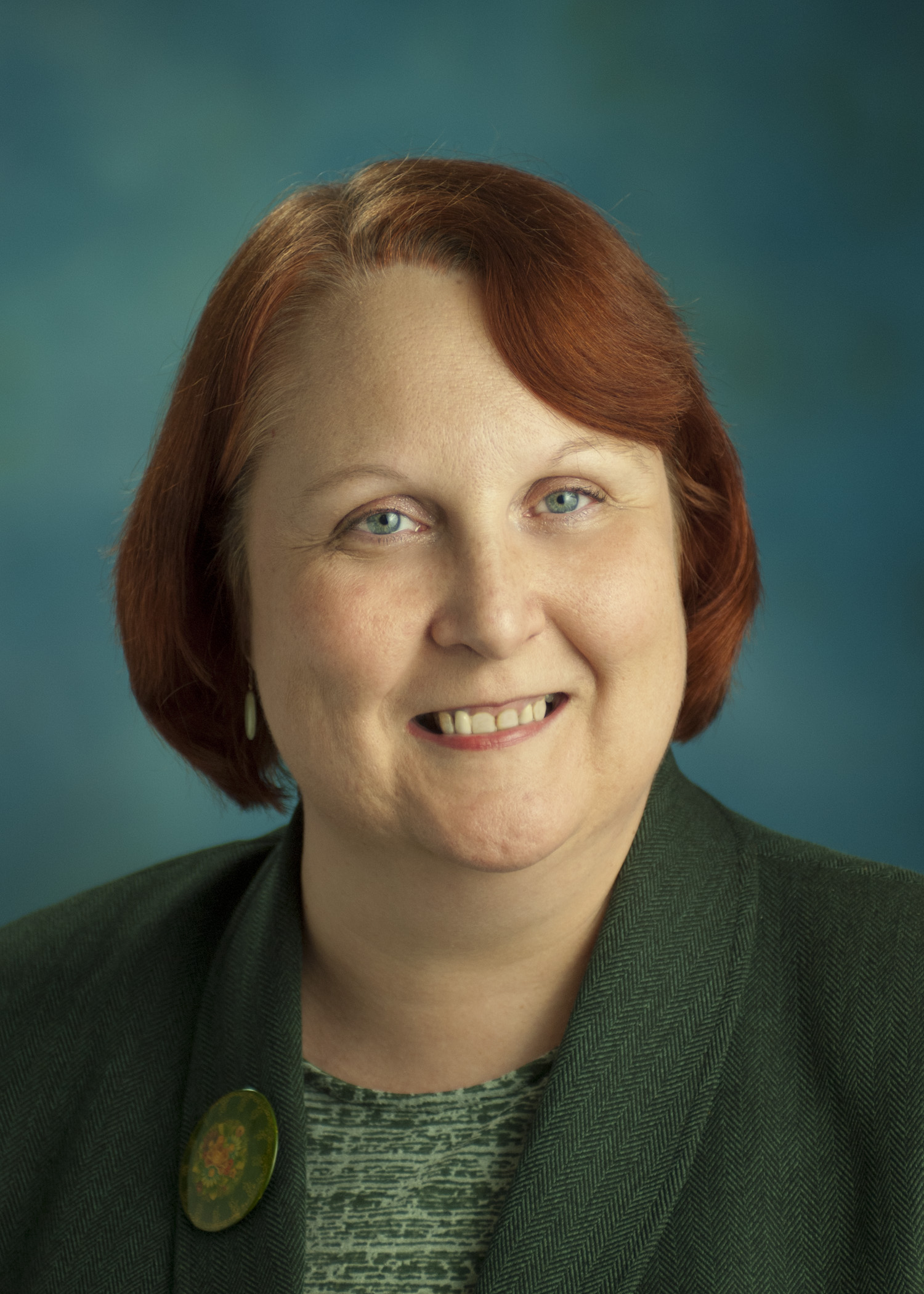 Join Michele Patrick , author of Haunted Prague: Stories of Spirits, Sorcerers, and the Supernatural, on a ghostly journey to discover Prague, its past, and its people through the lens of legend. Her comprehensive slideshow of the city highlights both the sites of legends and of historical importance, which include all the fabled places on every visitor’s checklist. She’ll share stories of ghosts and golems ranging from a cursed crown to a headless horseman to a dancing demon. Her presentation will then examine why Prague is the most haunted of places, including those historical personalities that have helped to wrap the city in the mists of legend. She’ll conclude by discussing the importance of such tales to Czech culture and the survival of the Czech people during their darkest moments.
Join Michele Patrick , author of Haunted Prague: Stories of Spirits, Sorcerers, and the Supernatural, on a ghostly journey to discover Prague, its past, and its people through the lens of legend. Her comprehensive slideshow of the city highlights both the sites of legends and of historical importance, which include all the fabled places on every visitor’s checklist. She’ll share stories of ghosts and golems ranging from a cursed crown to a headless horseman to a dancing demon. Her presentation will then examine why Prague is the most haunted of places, including those historical personalities that have helped to wrap the city in the mists of legend. She’ll conclude by discussing the importance of such tales to Czech culture and the survival of the Czech people during their darkest moments.
Michele Patrick is a professional writer and award winning speechwriter living in Arlington, Virginia. Her mother was born in the former Czechoslovakia. She has a B.A. in economics/history from LaSalle University in Philadelphia, where she was the U.S. National Collegiate Champion in Impromptu Speaking and the fourth overall ranked collegiate speaker in the country. She also has a master’s from the University of Pennsylvania and was a Fulbright Scholar to the University of London, where she explored the economies of Central and Eastern Europe, focusing on the former Czechoslovakia.
Michele has served as a speechwriter for the President’s Cabinet, the United States Senate, the presidents of the University of Pennsylvania and Georgetown University, and the heads of various government agencies, including the FDA. She was also the Communications Director for the 2015 White House Conference on Aging.
Her book, Haunted Prague: Stories of Spirits, Sorcerers, and the Supernatural , has been featured at the Czech & Slovak National Museum & Library, on WETA Classical radio in D.C., and in various print publications. She has visited Prague many times, and she lived on the Old Town Square in 1991. She has also always loved tales of things that go bump in the night.
7 p.m. Thursday, Nov. 3, 2022
Cornell Auditorium in Plaster Hall
Admission: free
Zoom Link: “Being a Memory”: Readings from the Czech Lands
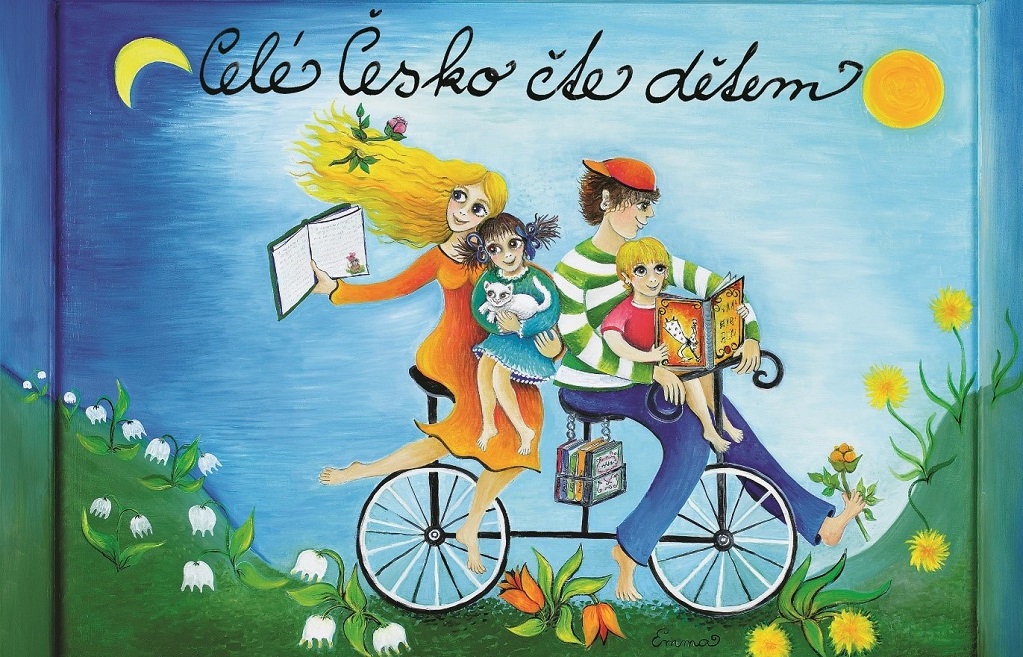 This evening of readings from Czechia and its historic predecessors will highlight the richness of this literary tradition. Enjoy selections of prose, poetry, and drama, ranging from the Czech national literary revival in the first half of the 19th century to contemporary works, from fairy tales to science fiction, from the Prague Spring to Prague Noir. This event features students and friends of the Missouri Southern chapter of the English honor society Sigma Tau Delta. Readings are in English translation. (“Being a memory” is a line from the poem “On the Task of H.G. Adler” by Czech poet Lenka Kuhar Daňhelová, translated by Natalie Nera. The illustration is the logo for “Every Czech Reads to Kids” (Celé Česko čte dětem®.)
This evening of readings from Czechia and its historic predecessors will highlight the richness of this literary tradition. Enjoy selections of prose, poetry, and drama, ranging from the Czech national literary revival in the first half of the 19th century to contemporary works, from fairy tales to science fiction, from the Prague Spring to Prague Noir. This event features students and friends of the Missouri Southern chapter of the English honor society Sigma Tau Delta. Readings are in English translation. (“Being a memory” is a line from the poem “On the Task of H.G. Adler” by Czech poet Lenka Kuhar Daňhelová, translated by Natalie Nera. The illustration is the logo for “Every Czech Reads to Kids” (Celé Česko čte dětem®.)
11 a.m. Tuesday, Nov. 8, 2022
Cornell Auditorium in Plaster Hall
Admission: free
Zoom Link: Bernard Brewery: One of the Most-Renowned Breweries in Czechia
The province of Bohemia, today part of the Czech Republic, has a long and well-established tradition of brewing. Brewing beer has a long tradition in Czechia. In addition to skillful brewers, Bohemia has quality malting barley and hops – variety SAAZ. In the Czech Republic, Pilsner beer was developed in the mid-1800s, and a kind of beer/style was created that is imitated all over the world. České pivo – Czech beer – is a registered trademark.
The Czech Republic is the cradle of well-known Czech beer brands: Pilsner Urquell, Budějovický Budvar, and Bernard. These are iconic and popular brands. The highest consumption of beer per capita in the Czech Republic – 146 liters per person per year – was in 2019.
Humpolec Brewery was founded in 1597; for centuries, the local brewery supplied beer to the town of Humpolec and surrounding districts. In 1949, the brewery was nationalized by the Czechoslovak state. In 1991, the brewery was privatized by Stanislav Bernard and Josef Vávra. The management of the company decided to use the name Bernard for the flag brand. The brewery changed the existing recipe and focused on the production of handmade beers. For further expansion, the brewery needed to increase capital. It therefore reached an agreement with the Belgian brewery Duvel Moortgat, which will become a 50 percent partner of this joint venture.
Tomáš Hraba is the senior export manager of the Bernard Family Brewery. In 1997, he became the head of the export department at the Budweiser Budvar Brewery in the Czech city of České Budějovice. In 2002-03 he founded a subsidiary of the Budweiser Budvar Brewery in Great Britain – Budweiser Budvar UK – and worked there as a director.
1 p.m. and 7 p.m. Thursday, Nov. 10, 2022
Corley Auditorium in Webster Hall
Admission: free
Zoom Link: Dvořák’s Rusalka (The Little Mermaid)
Antonín Dvořák’s Rusalka, which premiered 121 years ago, is among the most popular Czech operas. The libretto by Jaroslav Kvapil is based on Friedrich de la Motte Fouqué’s novella Undine and Hans Christian Andersen’s The Little Mermaid. From the waters of Denmark to the forests of Bohemia, the water sprite (most famously embodied in Andersen’s The Little Mermaid) was a celebrated member of the fairy-tale pantheon. Although mystery and wonder surround the idea of this beguiling creature, it was not magic nor idolization that she desired – it was humanity and love. Rusalka (water-nymph in Czech) falls in love with a human – the Prince – and now yearns to be human.
 In this presentation, MSSU music faculty member Diana Allan will give a brief overview of the libretto and music of Dvořák’s Rusalka. A vocal quartet will follow to sing selections from this wonderful opera, including arguably the most famous Czech aria, Rusalka’s Song to the Moon.
In this presentation, MSSU music faculty member Diana Allan will give a brief overview of the libretto and music of Dvořák’s Rusalka. A vocal quartet will follow to sing selections from this wonderful opera, including arguably the most famous Czech aria, Rusalka’s Song to the Moon.
Dr. Diana Allan teaches in Missouri Southern’s Performing Arts Department. Her interest in Dvořák’s Rusalkabegan when she studied Rusalka’s Song to the Moon as a graduate student. She fell in love with the Czech language and the beautiful music of this enchanting tale.
10 a.m. Friday, Nov. 11, 2022
Corley Auditorium in Webster Hall (Teams presentation)
Admission: free
Zoom Link: Living in the Heart of Europe: An MSSU Professor’s Journey in Czechia
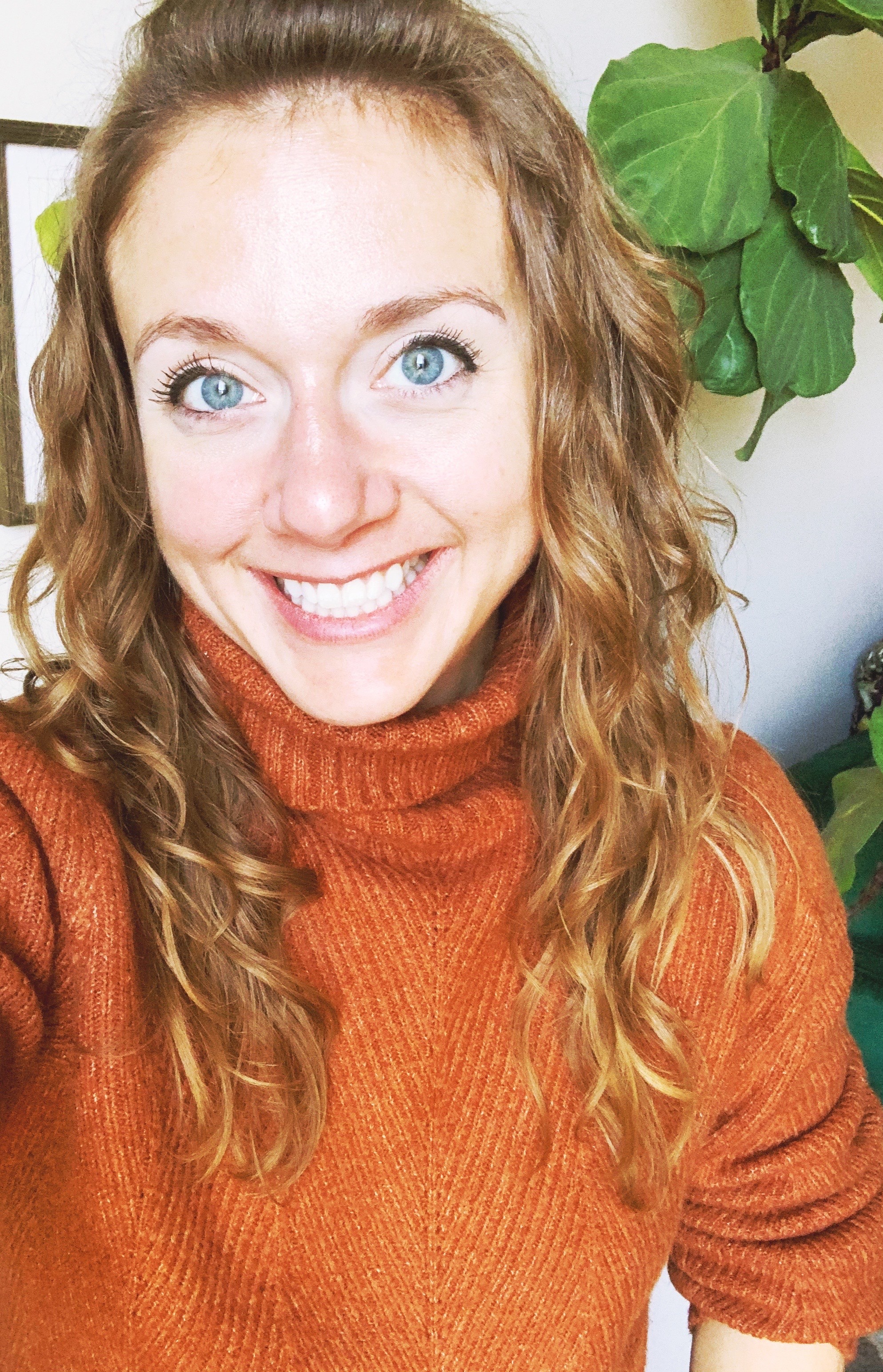 Dr. Becca Shriver is an assistant professor of history at MSSU whose work focuses on Modern Europe, transnational social movements, and international organizations. She regularly presents at international conferences and has several recent refereed articles that are related to her book manuscript, Europa and the Bull: Plans to Save Europe from War, 1923-1939 .
Dr. Becca Shriver is an assistant professor of history at MSSU whose work focuses on Modern Europe, transnational social movements, and international organizations. She regularly presents at international conferences and has several recent refereed articles that are related to her book manuscript, Europa and the Bull: Plans to Save Europe from War, 1923-1939 .
She teaches a wide variety of courses related to European history here at MSSU, including co-leading our Model UN course and club. Additionally, since joining MSSU in 2018, she's offered several courses with study abroad options, including one this fall for students in HIST 430: Heart of Europe – Culture and Identity in Bohemia.
9:30 a.m. Thursday, Nov. 17, 2022
Cornell Auditorium in Plaster Hall
Admission: free
Zoom Link: Why Export to the Czech Republic and Central Europe?
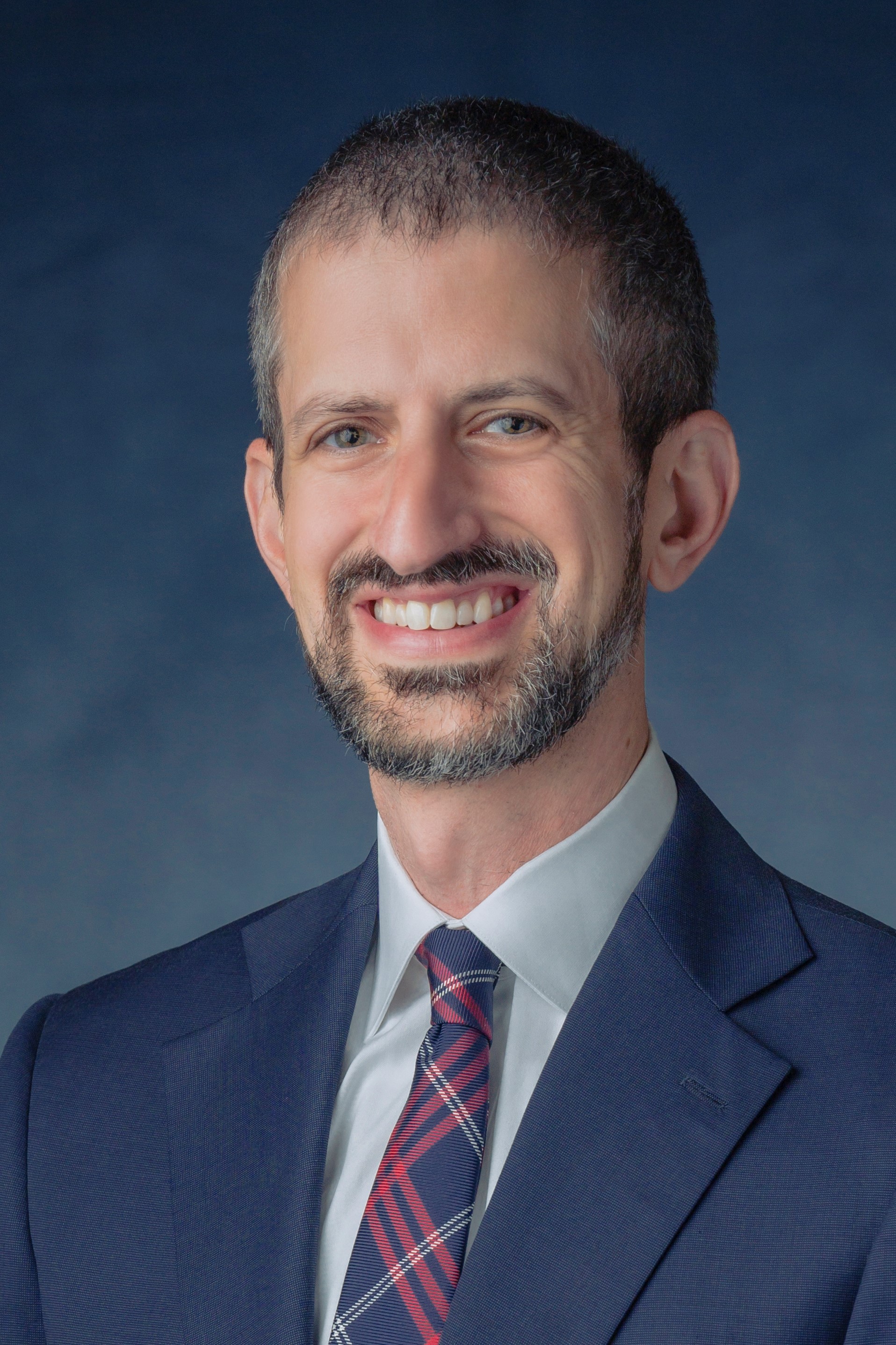 Joshua Kaplan is office director of the U.S. Commercial Service, Kansas City Field Office. In this capacity, Joshua leads a team of International Trade Specialists responsible for working with the business community in eastern Kansas and western Missouri to increase sales in markets around the world. Joshua has spent the last eight years working with this agency, and prior to his time in Kansas City he served six years in central Virginia advising urban and rural businesses in a variety of industries on best practices for achieving international sales objectives.
Joshua Kaplan is office director of the U.S. Commercial Service, Kansas City Field Office. In this capacity, Joshua leads a team of International Trade Specialists responsible for working with the business community in eastern Kansas and western Missouri to increase sales in markets around the world. Joshua has spent the last eight years working with this agency, and prior to his time in Kansas City he served six years in central Virginia advising urban and rural businesses in a variety of industries on best practices for achieving international sales objectives.
Prior to his work with the U.S. Commercial Service, Joshua held a variety of positions related to international trade, including managing foreign assistance programs at the U.S. Trade and Development Agency and leading trade remedy investigations at the U.S. International Trade Commission. Joshua has a bachelor’s degree in Business Administration from the University of Kansas and a master’s degree in International Trade Policy from George Washington University. Joshua resides in Kansas City, Missouri with his wife and two children.
7 p.m. Thursday, Nov. 17, 2022
Bookhouse Cinema in Joplin
Admission: free
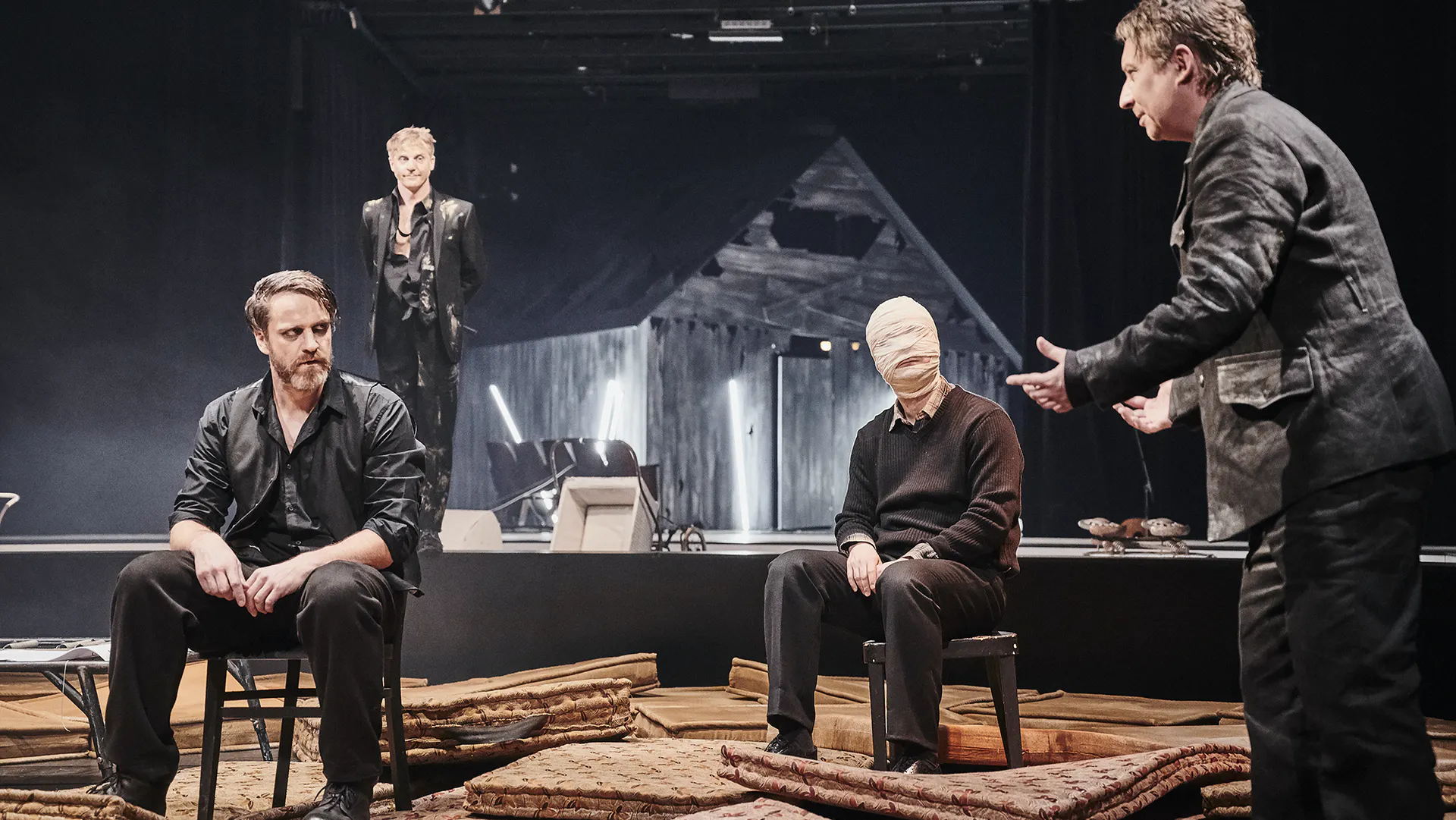 The theatre adaptation of the third novel by Jáchym Topol (b. 1962), Nightwork , evokes the gloomy atmosphere in a Czech border village at the time of the invasion of Czechoslovakia by the Warsaw Pact armies – a turning point in Czech history. Two brothers, Ondra and Kamil, have been “tucked away” there by their father, who pursues an unidentified secret mission and cannot take care of his sons. Consequently, the boys become the village’s “property,” and serve as the channel through which the exacerbated collective memory flows.
The theatre adaptation of the third novel by Jáchym Topol (b. 1962), Nightwork , evokes the gloomy atmosphere in a Czech border village at the time of the invasion of Czechoslovakia by the Warsaw Pact armies – a turning point in Czech history. Two brothers, Ondra and Kamil, have been “tucked away” there by their father, who pursues an unidentified secret mission and cannot take care of his sons. Consequently, the boys become the village’s “property,” and serve as the channel through which the exacerbated collective memory flows.
Within several August days, depicted by Topol in his singular imaginative style, viewers seem to find themselves in the vicinity of all the major events that a typical Czech village might have experienced – war, displacement, collectivization, but also witch hunts, pogroms, and carnivals.
Dr. Amy Gates , associate professor of English at MSSU, will provide a dramaturgical introduction of Nightwork before the showing.
Come early to Bookhouse Cinema for a Czech-themed party! Czech beer, wine, and maybe even some goulash will be available for purchase beginning at 5:30 p.m.
11 a.m. Friday, Nov. 18, 2022
Phelps Theater in Billingsly Student Center (Teams presentation)
Admission: free
Zoom Link: The Impacts of Globalization on Life in the Town of Longyearbyen
The town of Longyearbyen on the Arctic archipelago of Svalbard is the northernmost human settlement. Founded in 1906 by an American businessman for the purpose of resource extraction and bought by a Norwegian coal mining company 10 years later, it has lived through most of the 20 th century as a predominantly Norwegian company town and Arctic outpost. By the end of the Cold War, Longyearbyen opened up for global tourism and international science. Within a few decades, it turned into a cosmopolitan melting pot, today home to about 2,400 people from 58 countries worldwide, with the biggest minorities from Thailand, Sweden and the Philippines. The presentation discusses the outcomes of long-term ethnographic fieldwork in Longyearbyen, unveiling issues such as diversification of the community, barriers for inclusion, exploitation of work force, and the reawakening of the nationalist discourse in the light of current geopolitical tensions in the region.
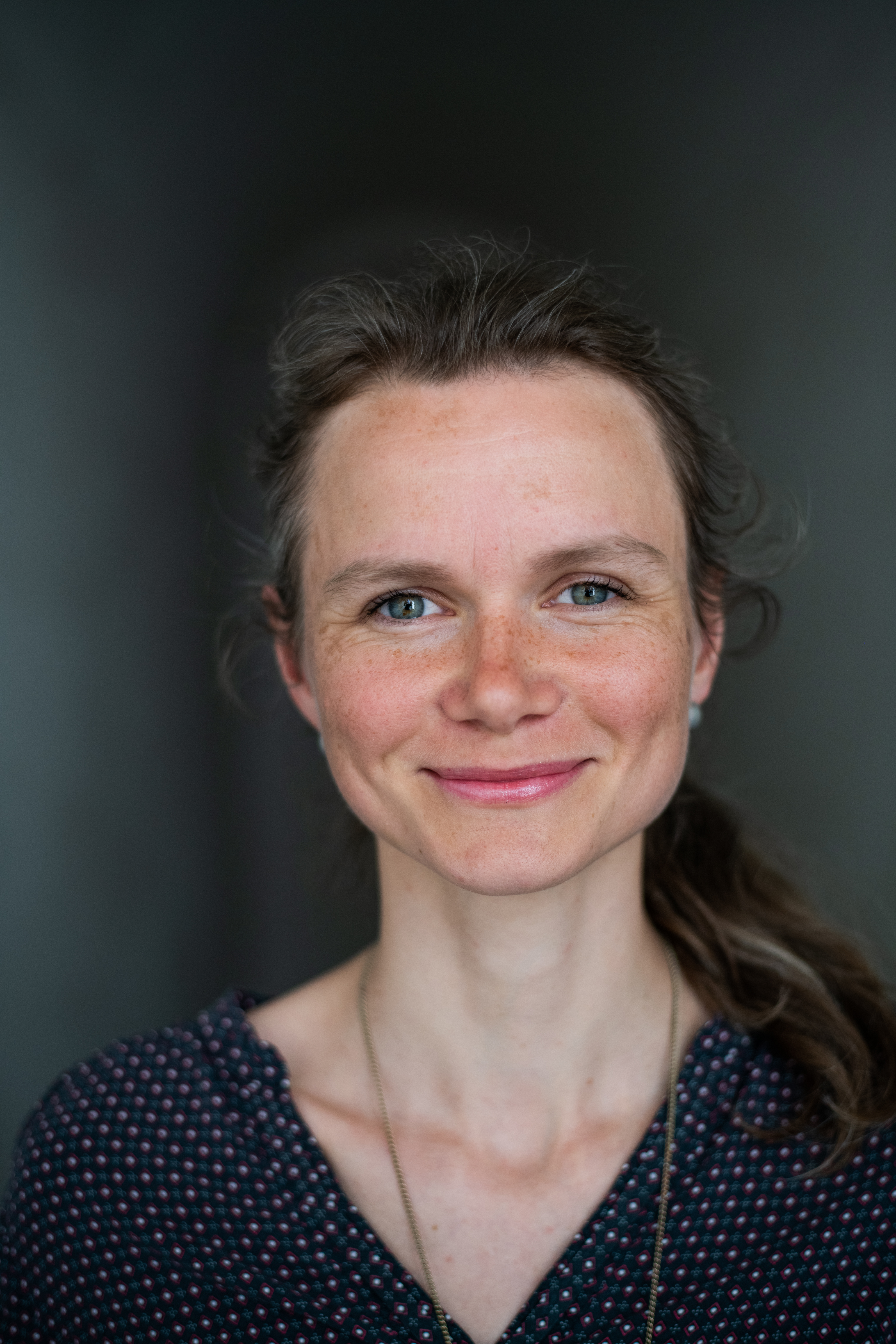 Dr. Zdenka Sokolíčková is an associate professor at the Department of Studies in Culture and Religion, University of Hradec Králové, Czech Republic. From 2019-22 she worked as a guest researcher at the Department of Social Anthropology, University of Oslo, mentored by Thomas Hylland Eriksen, during her research project boREALIFE: Overheating in the High Arctic. She is interested in the interconnectedness of environmental, economic, and societal change in the globalized and overheated world. She is a founding member of the Svalbard Social Science Initiative. In March 2021, she joined the interdisciplinary team at the Arctic Centre in Groningen, the Netherlands, as a postdoc in the project SVALUR: Understanding Resilience and Long-Term Environmental Change in the High Arctic: Narrative-Based Analyses from Svalbard.
Dr. Zdenka Sokolíčková is an associate professor at the Department of Studies in Culture and Religion, University of Hradec Králové, Czech Republic. From 2019-22 she worked as a guest researcher at the Department of Social Anthropology, University of Oslo, mentored by Thomas Hylland Eriksen, during her research project boREALIFE: Overheating in the High Arctic. She is interested in the interconnectedness of environmental, economic, and societal change in the globalized and overheated world. She is a founding member of the Svalbard Social Science Initiative. In March 2021, she joined the interdisciplinary team at the Arctic Centre in Groningen, the Netherlands, as a postdoc in the project SVALUR: Understanding Resilience and Long-Term Environmental Change in the High Arctic: Narrative-Based Analyses from Svalbard.